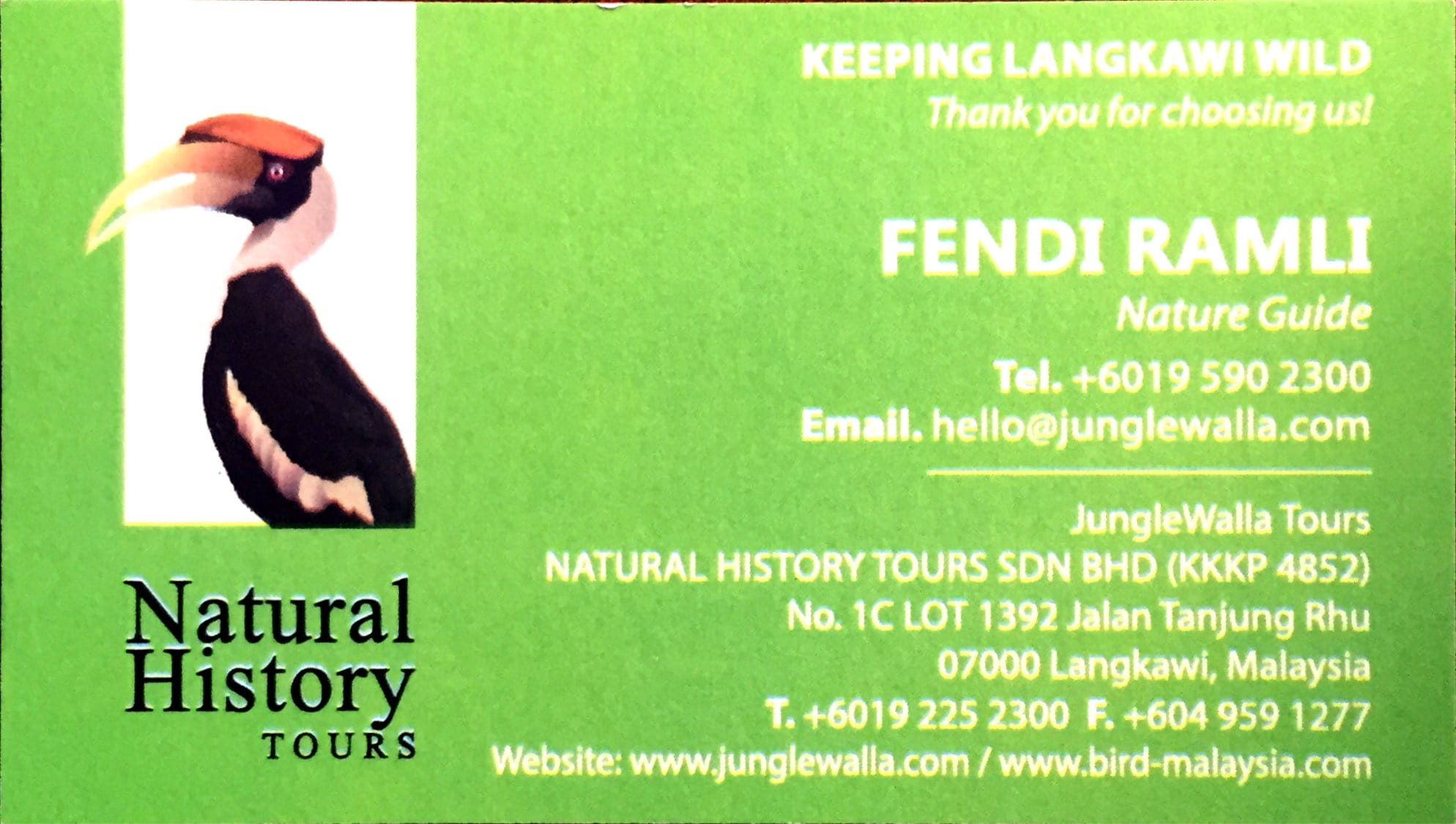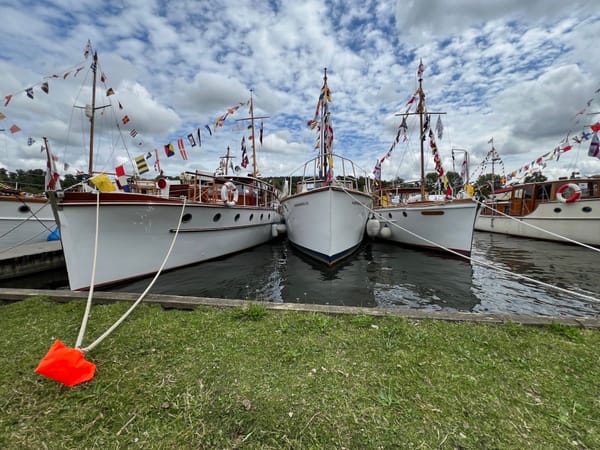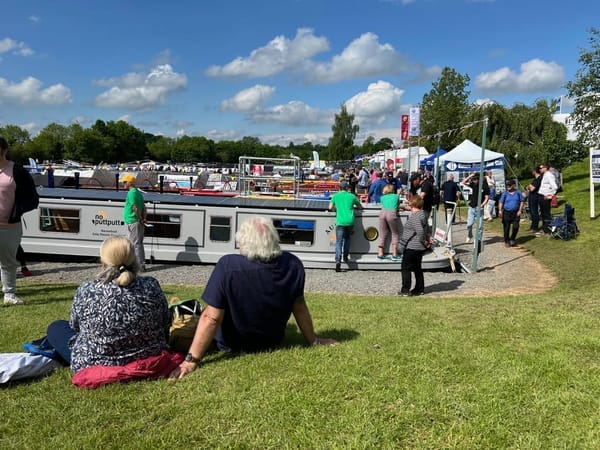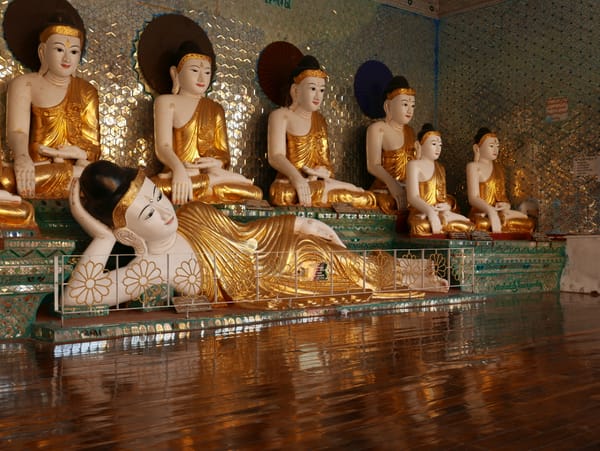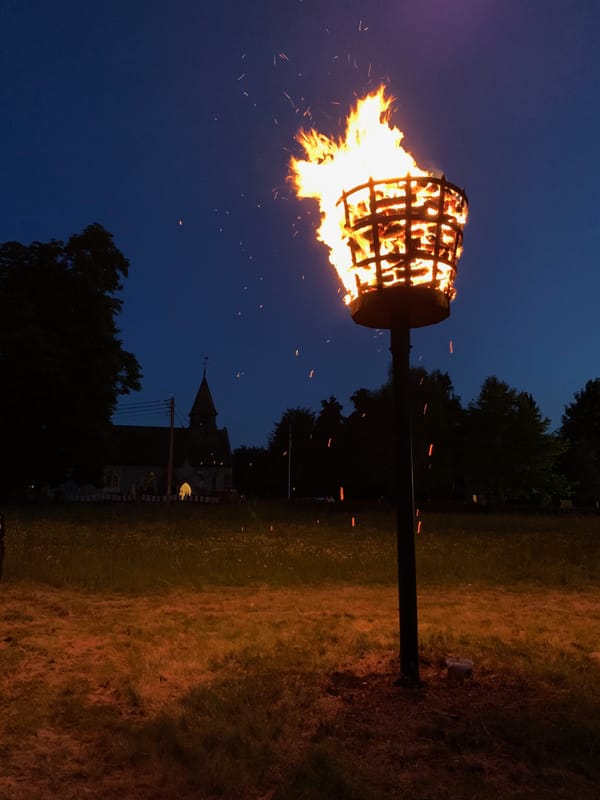Malaysia — Tg Rhu Mangrove Tour, Langkawi, Malaysia
Taking a tour of the local mangrove swamp
August 2015
The Tg Rhu Mangrove Tour on Langkawi appeared expensive but was worth the money.
The tour cost in 2015 was RM240 (£48; US$70). The price included the 40-minute transfer to and from the boat, the guide (who was also our mini-bus driver), and nearly three hours out in the boat. The tour was run by JungleWalla’s Tours and Bird Malaysia. They can be reached by email at hello@junglewalla.com.
Our guide, Fendi (his business card at the end of the post), was excellent, with lots of local knowledge about history, geology, trees and plants, and the local wildlife.
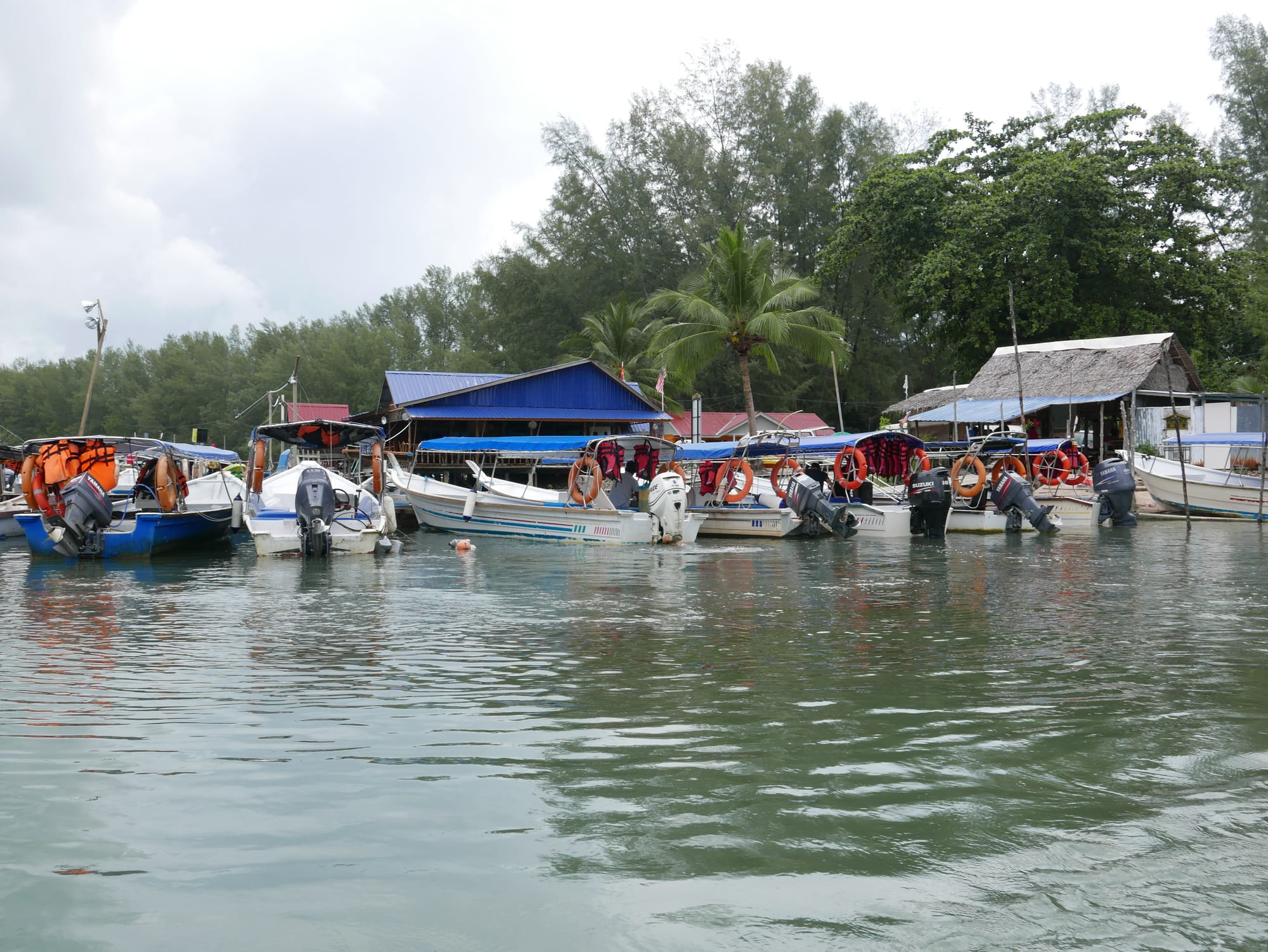
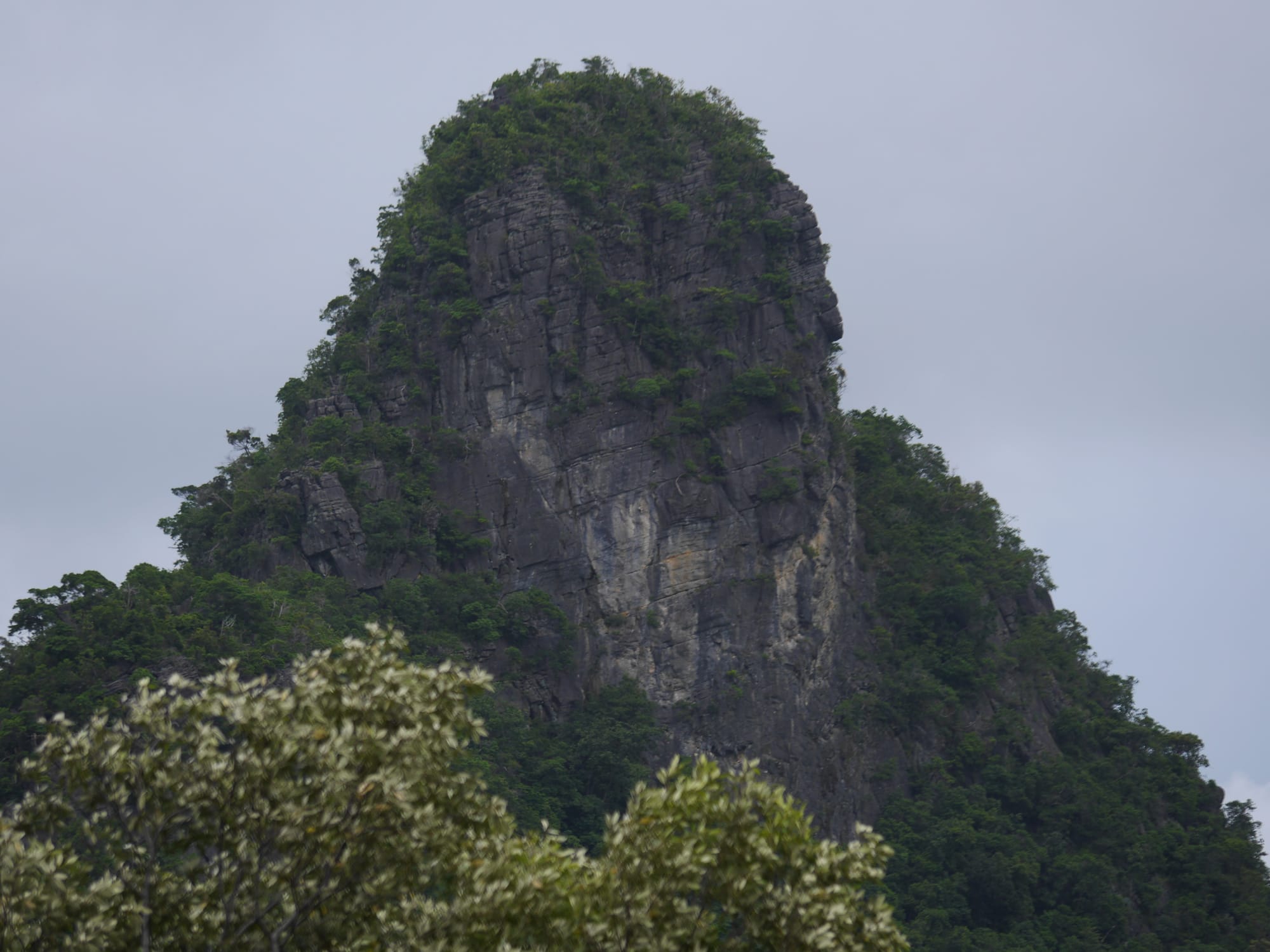
Heading out towards the mangroves.
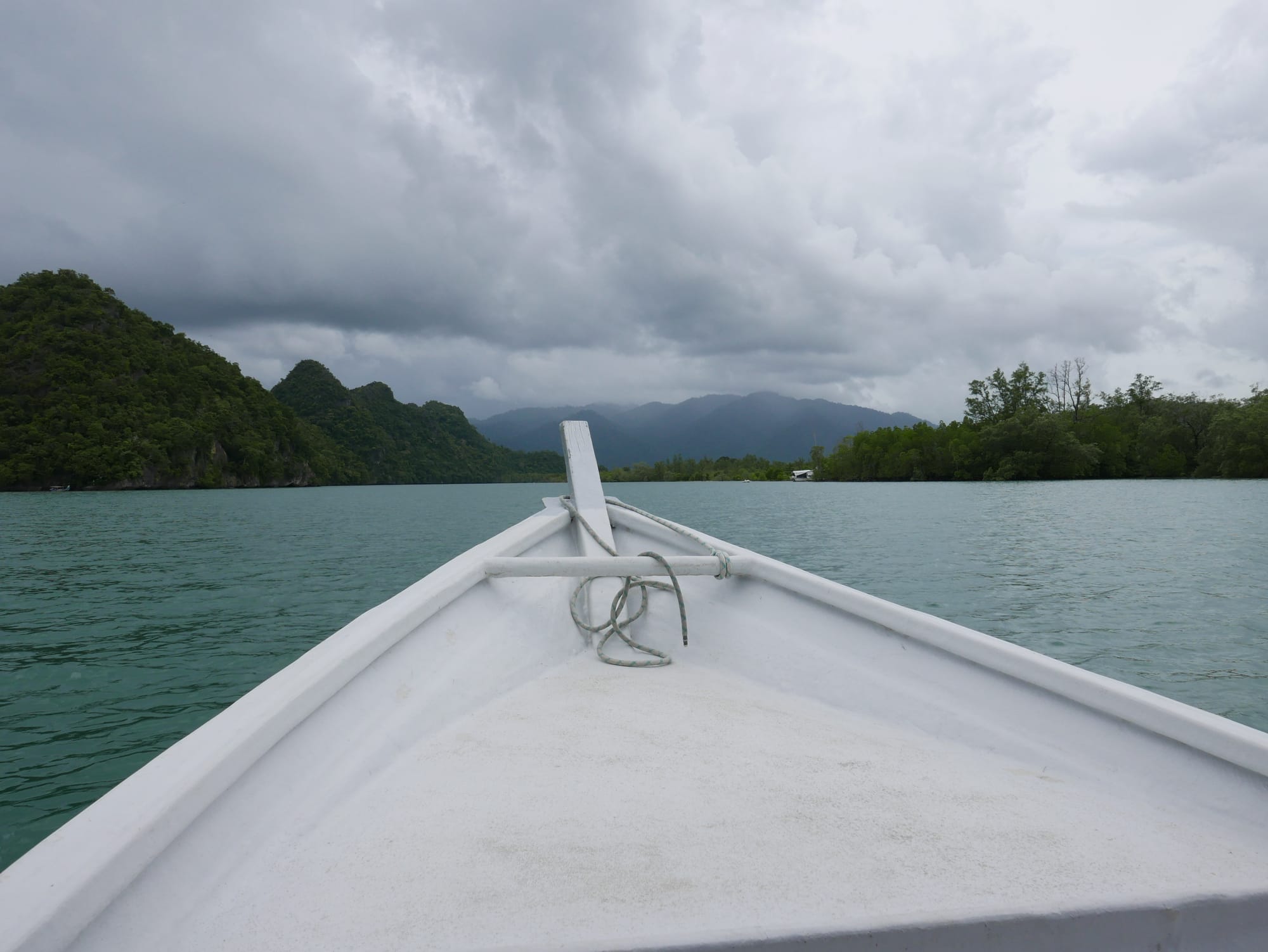
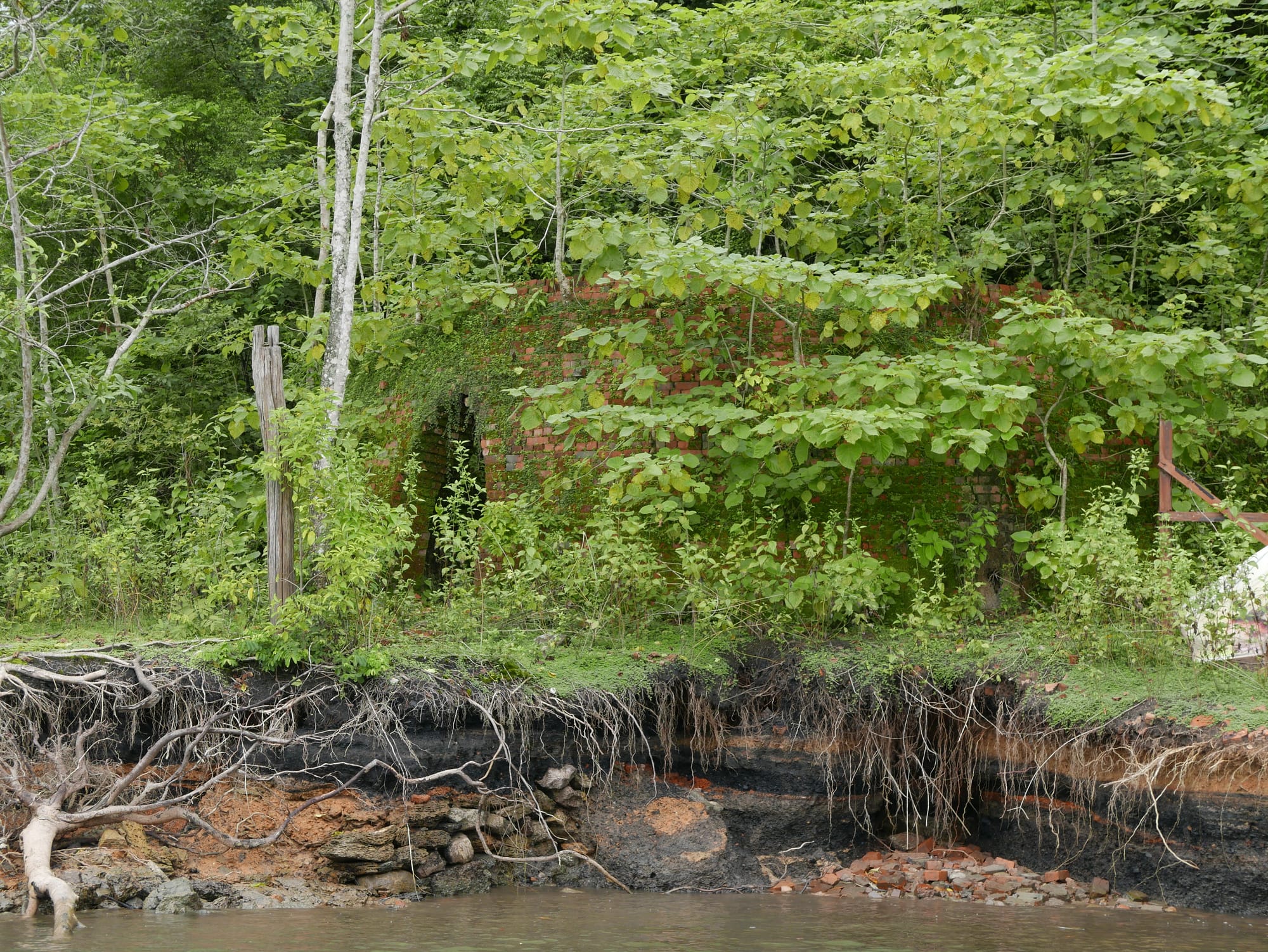
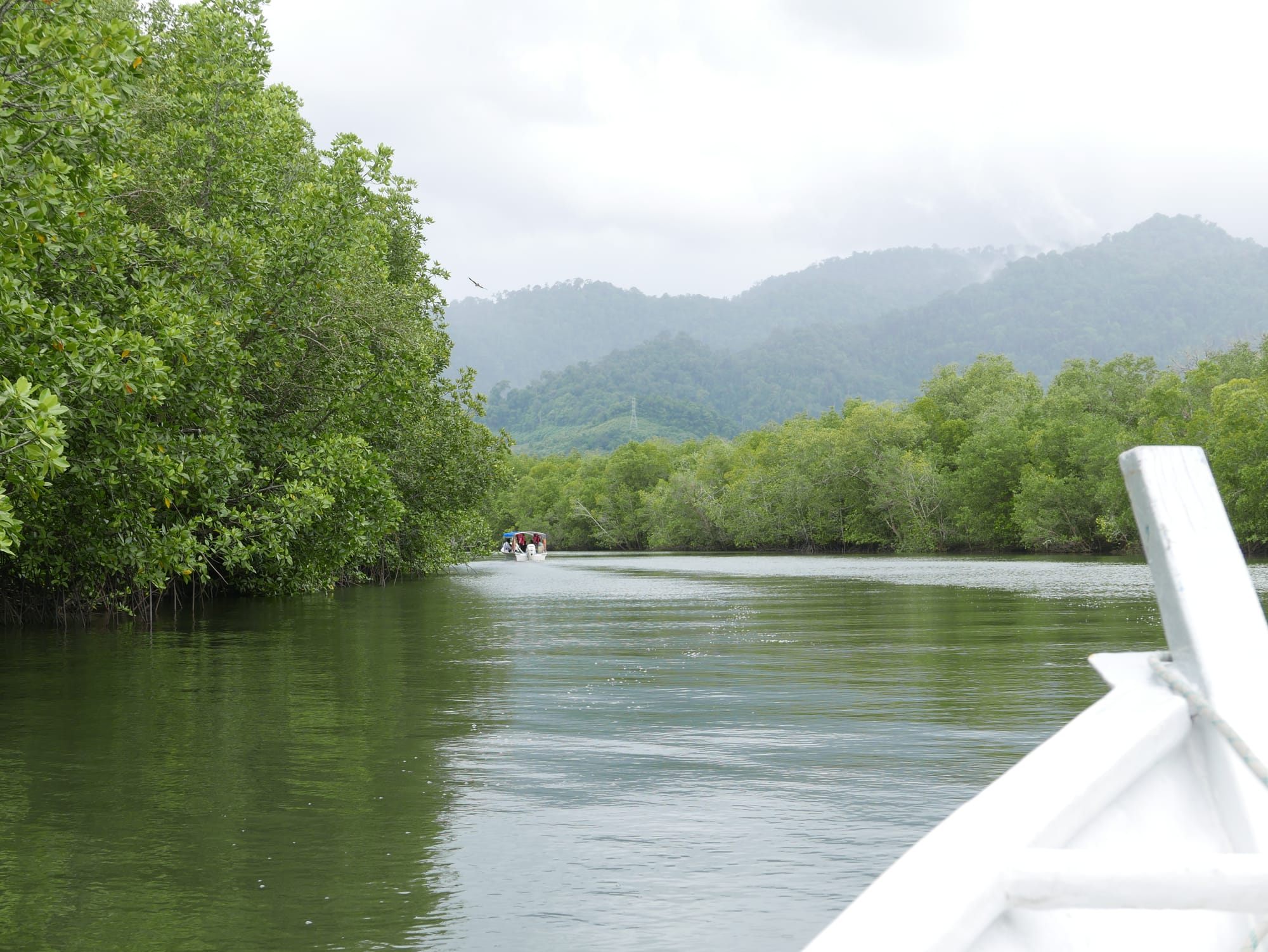
The photos below show a White Belly Sea Eagle (Haliaeetus leucogaster). This was a big and imposing bird.
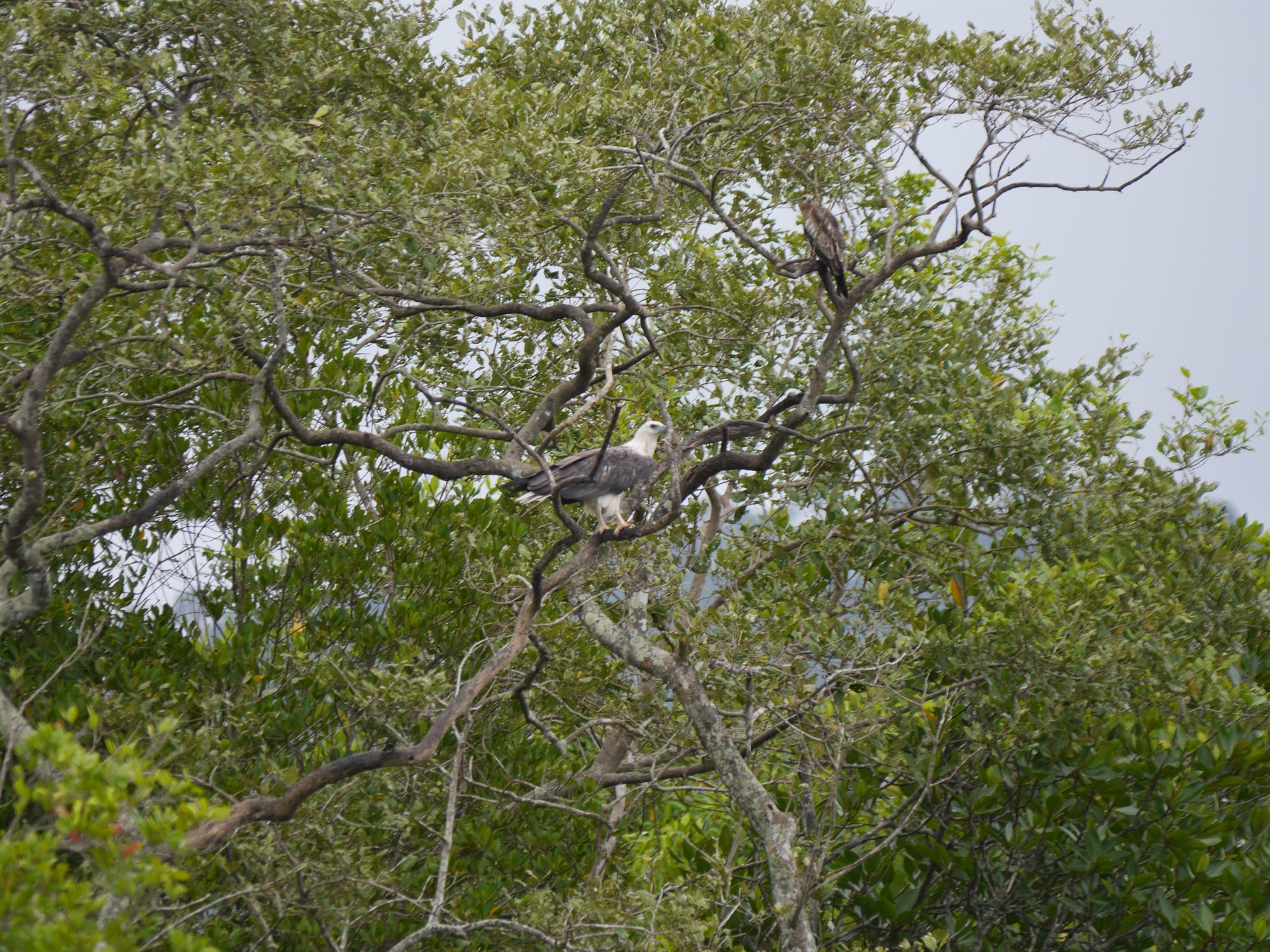
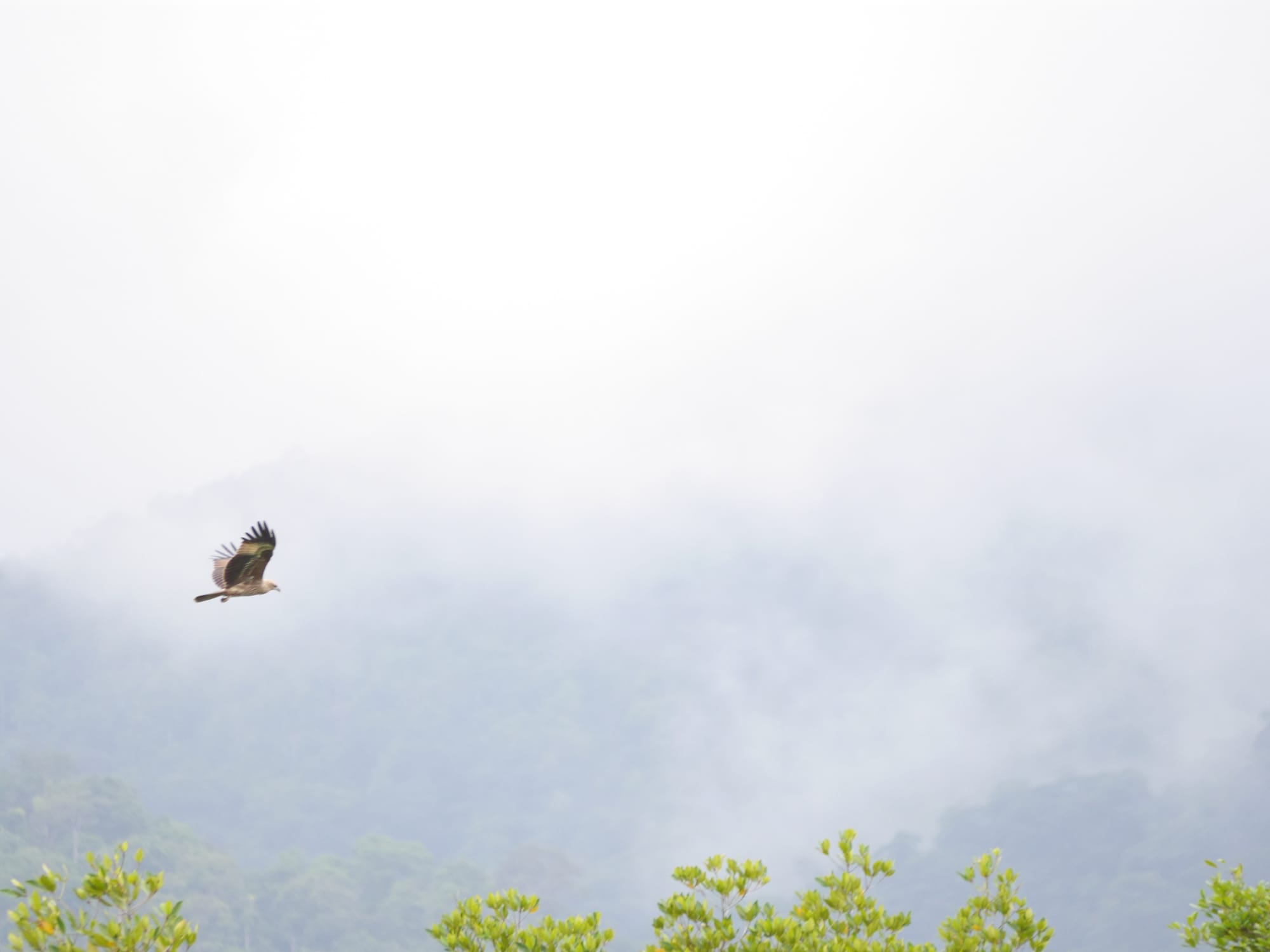
We were not the only boats out.
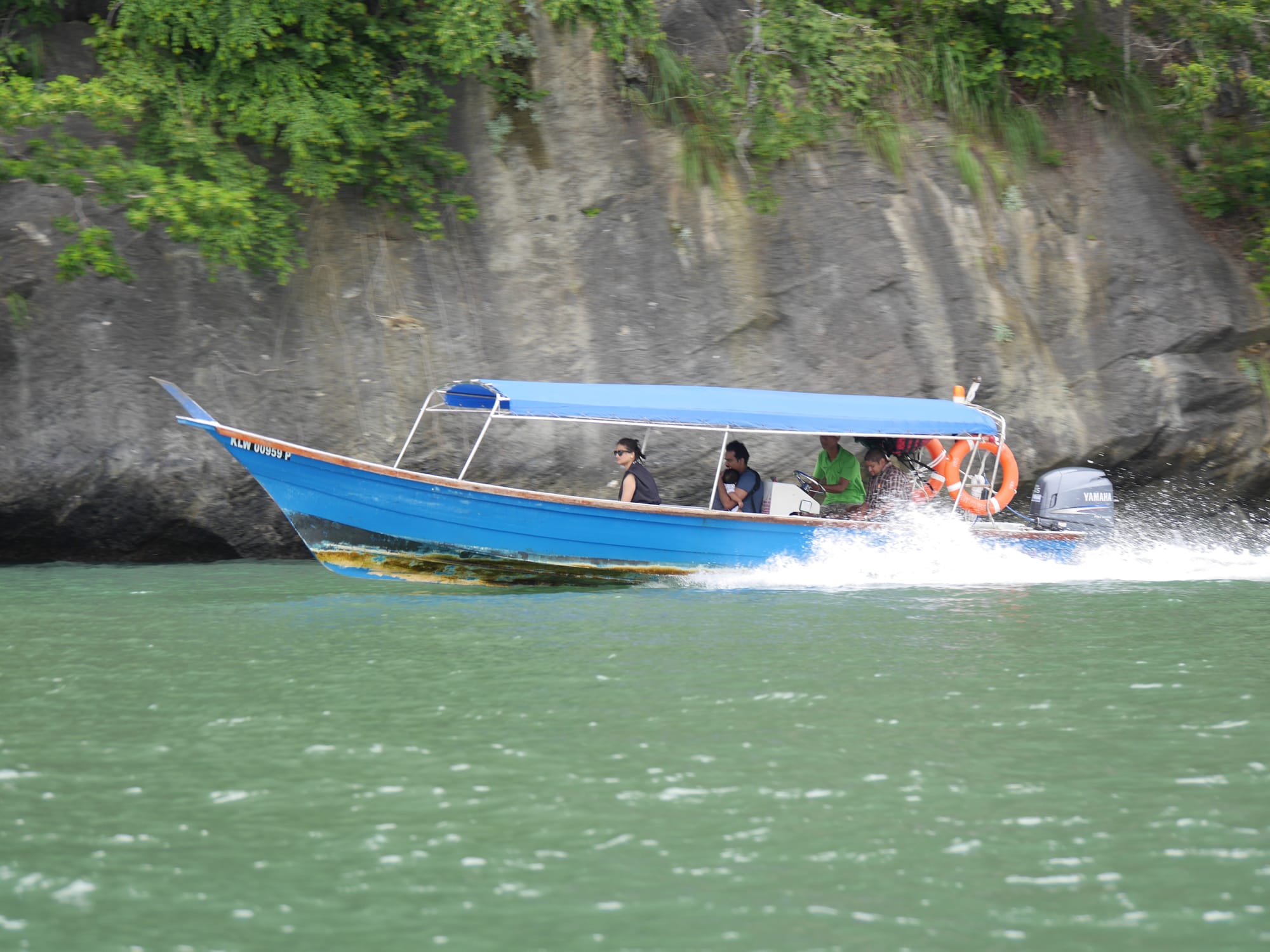
And I loved the jaunty pose of the man on the jet ski.
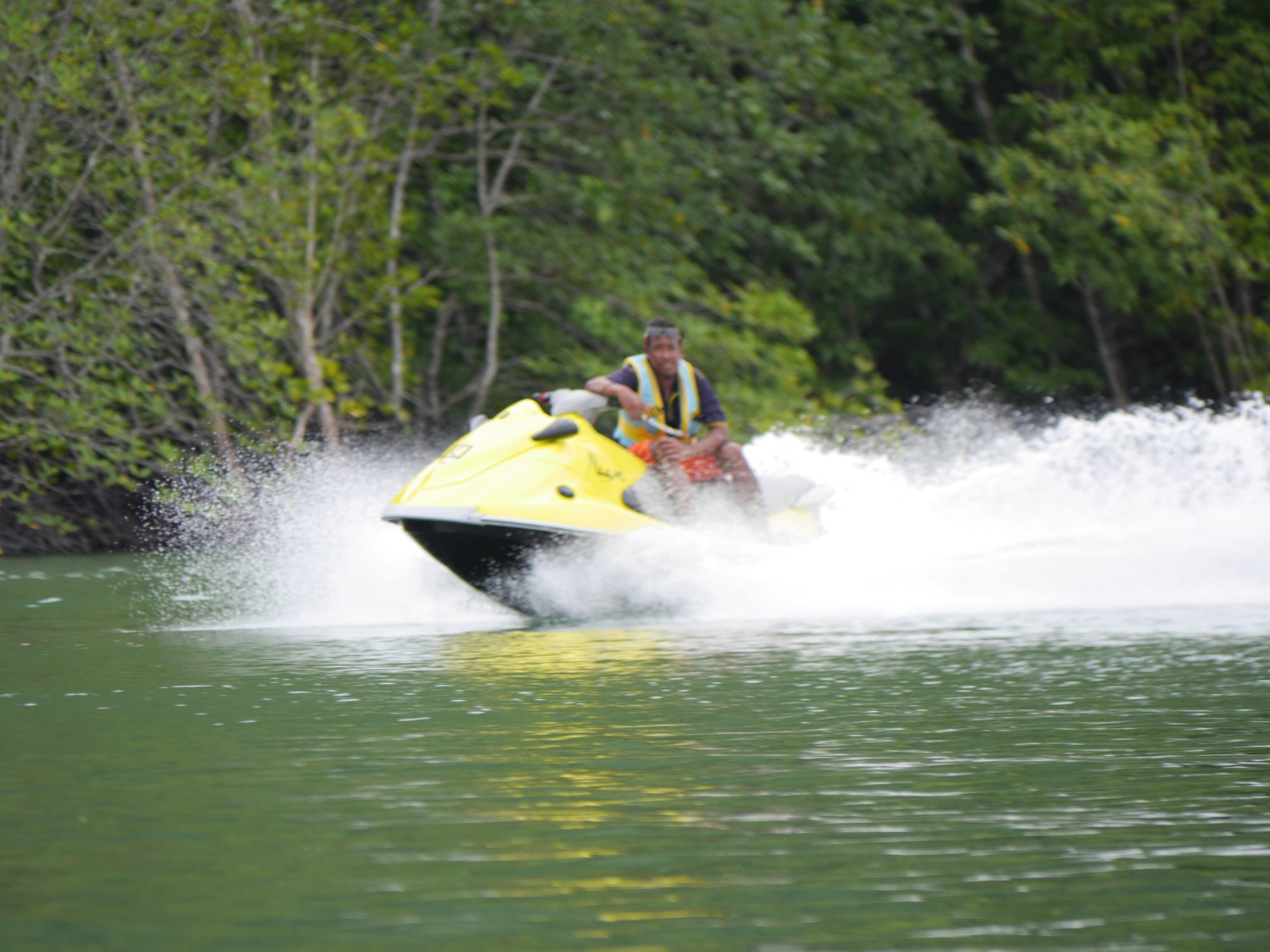
The views of the water, the mangrove swamp, and the mountains shrouded in clouds were stunning.
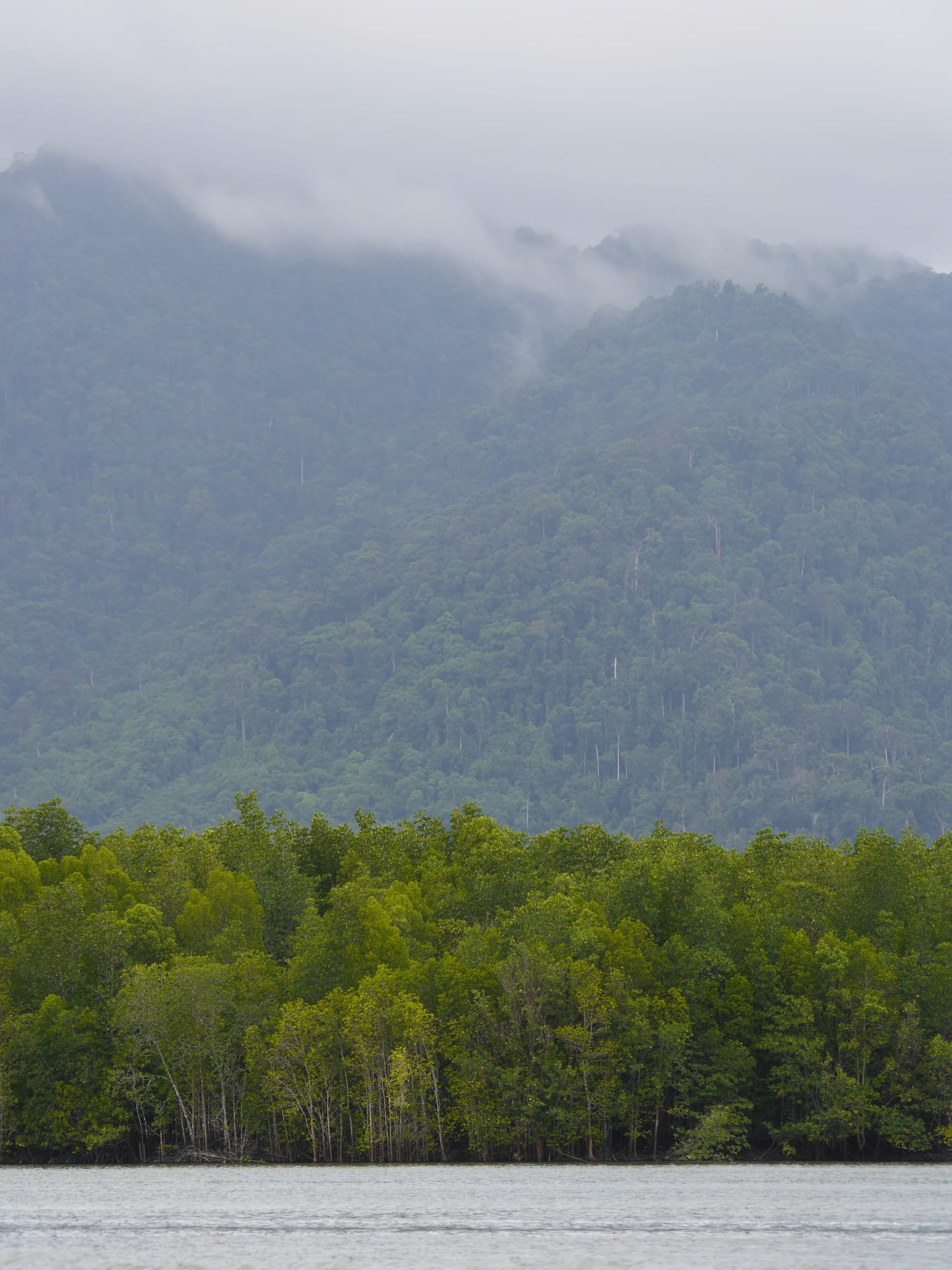
Deeper into the mangroves.
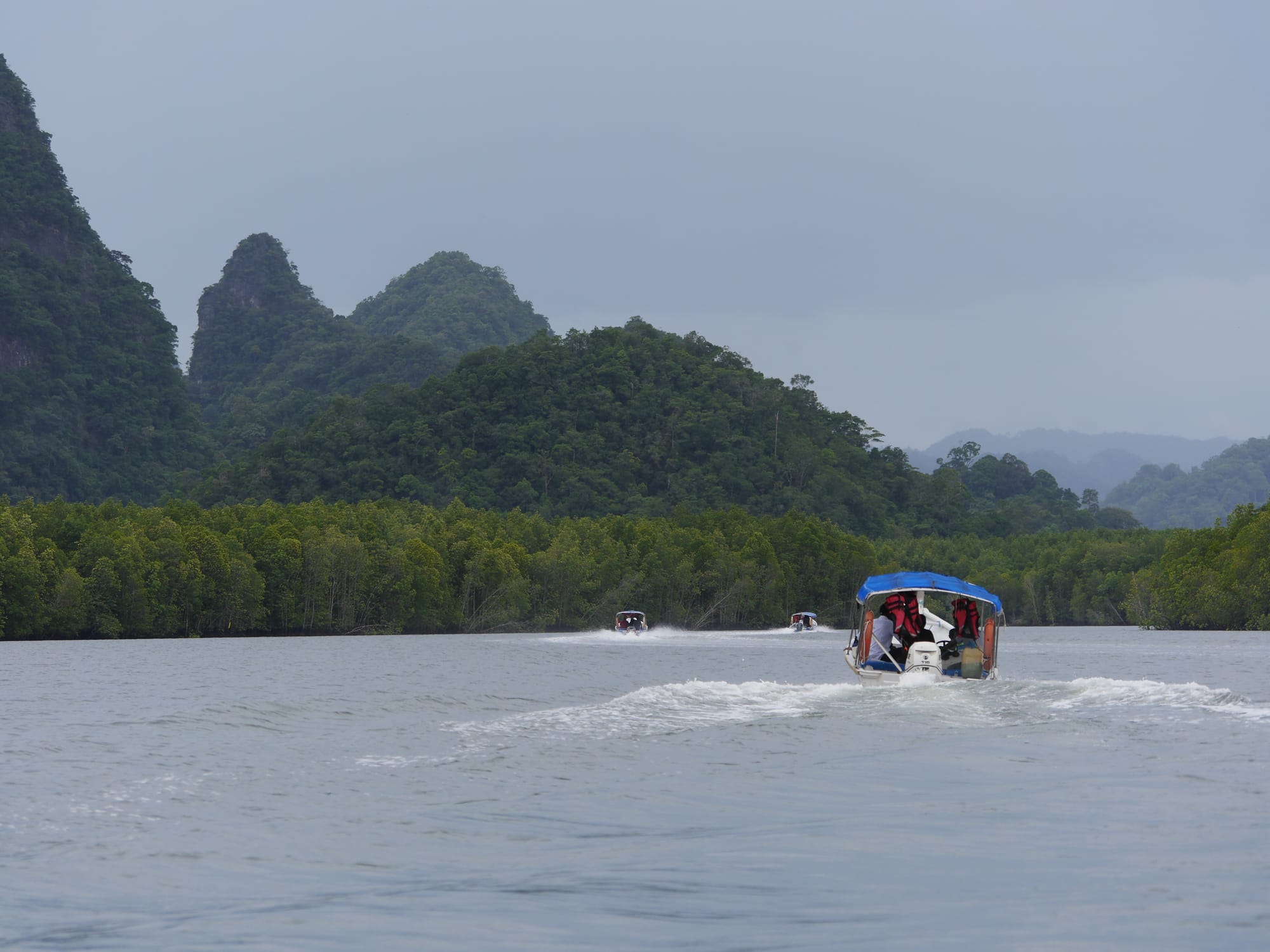
The photos below are of a Brahminy Kite (Haliastur indus) in a tree.
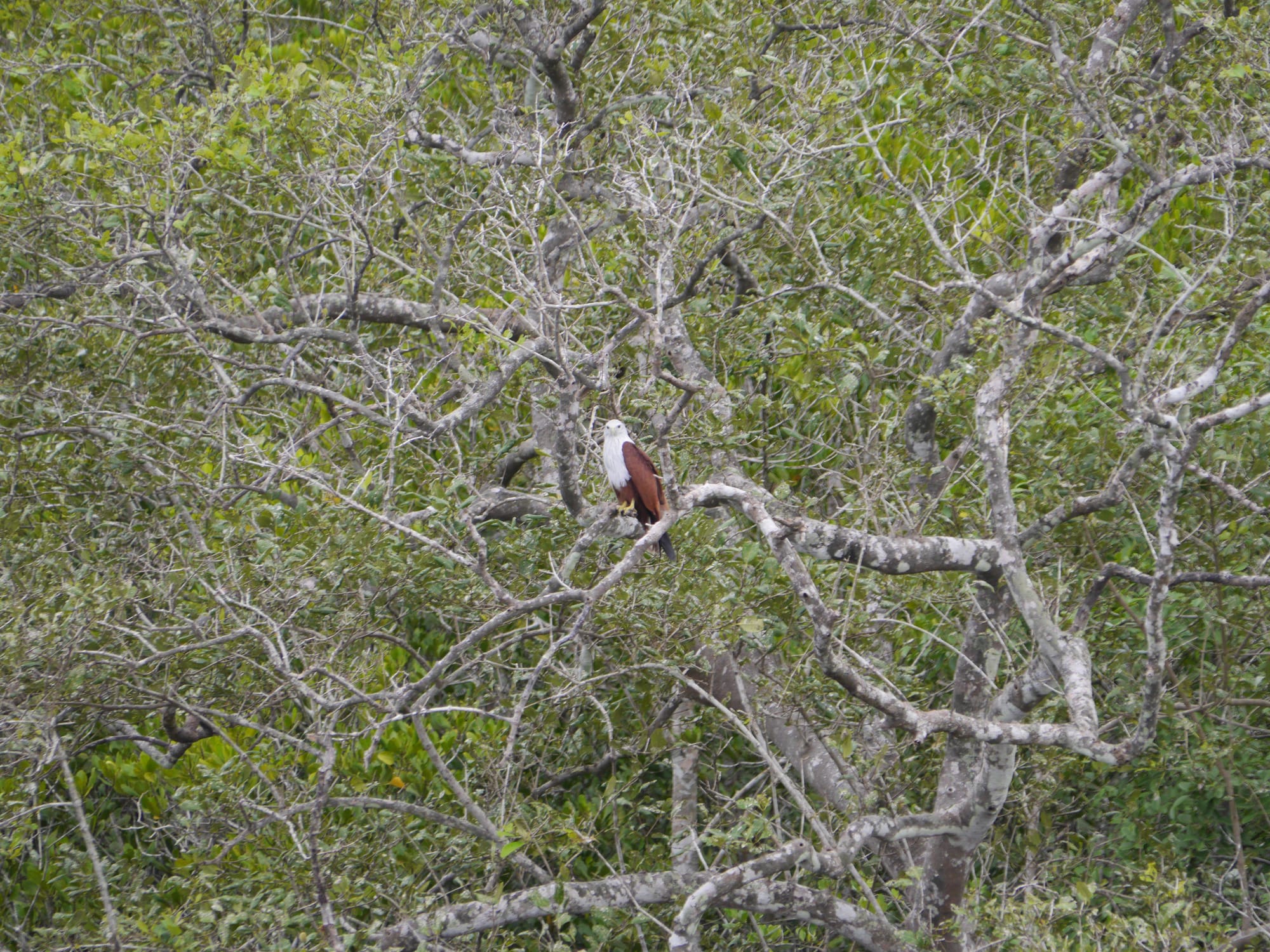
Brahminy Kite in flight.
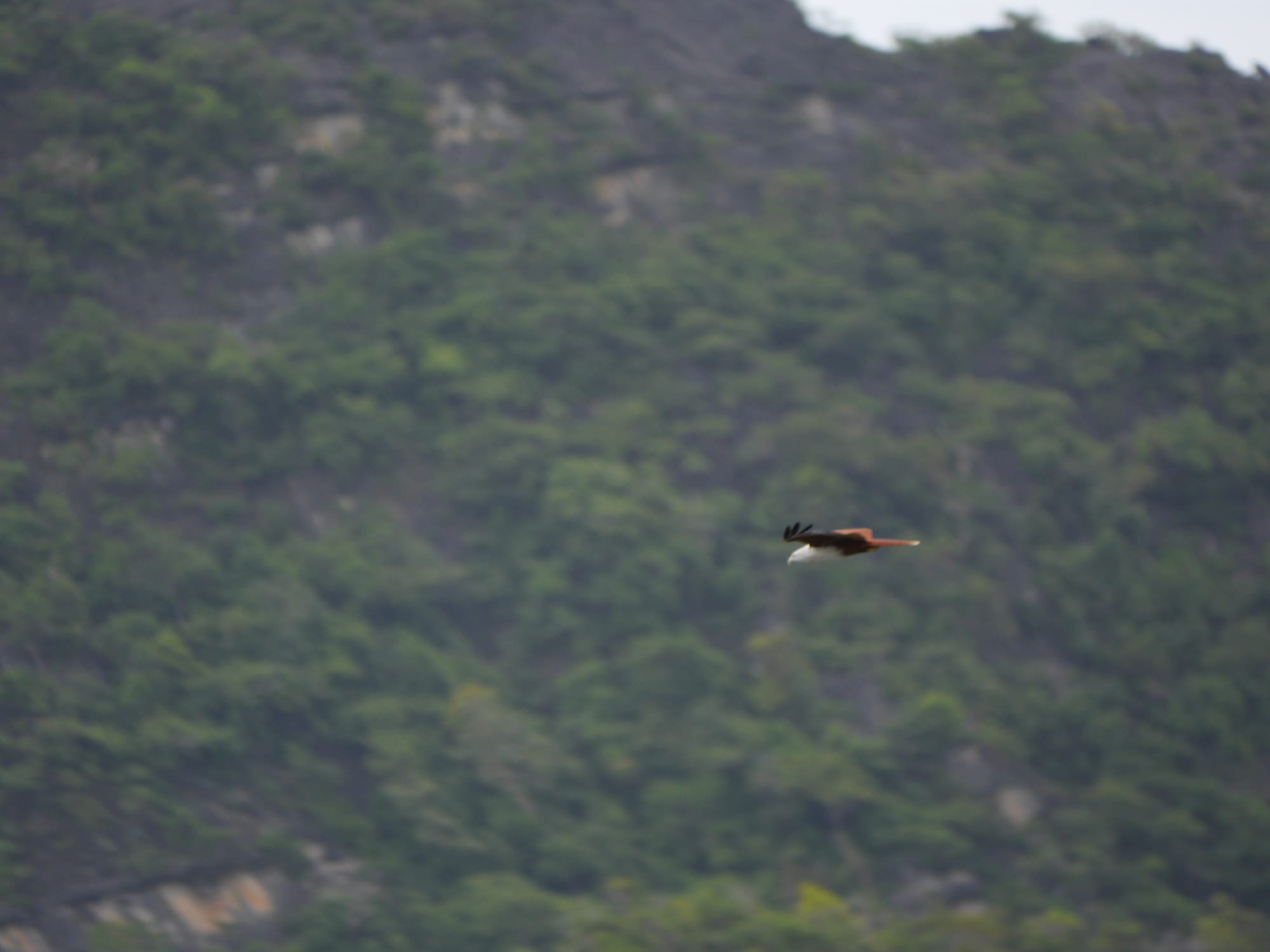
A Brahminy Kite sitting in a tree.
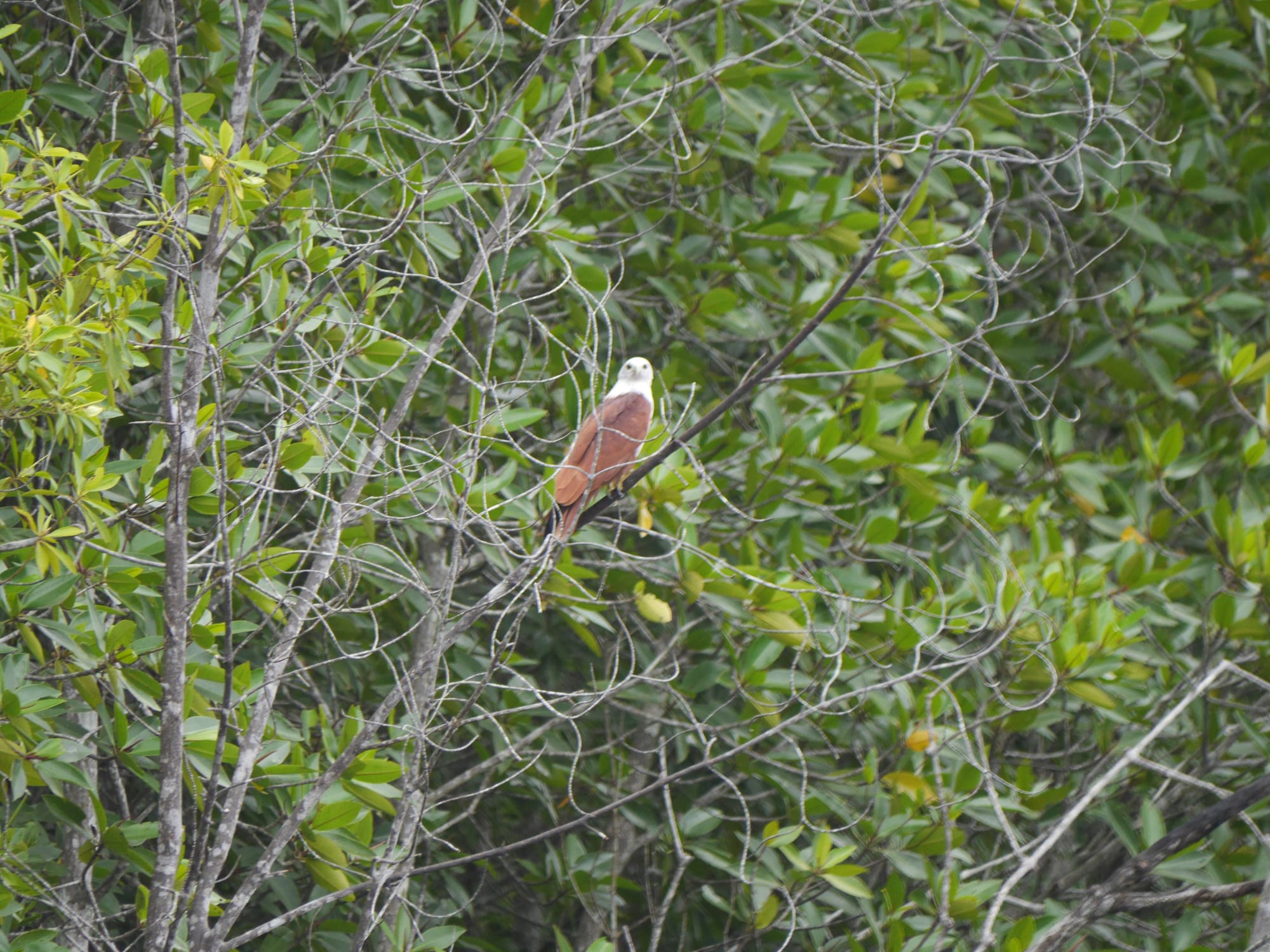
One trick the boats have to attract the Brahminy Kites is to raise their propellers and rev their engines. This made a terrific noise, sent up a giant plume of spray, but also pulled (and presumably stunned) a lot of fish to the water’s surface. The kites then swoop in for a free meal.
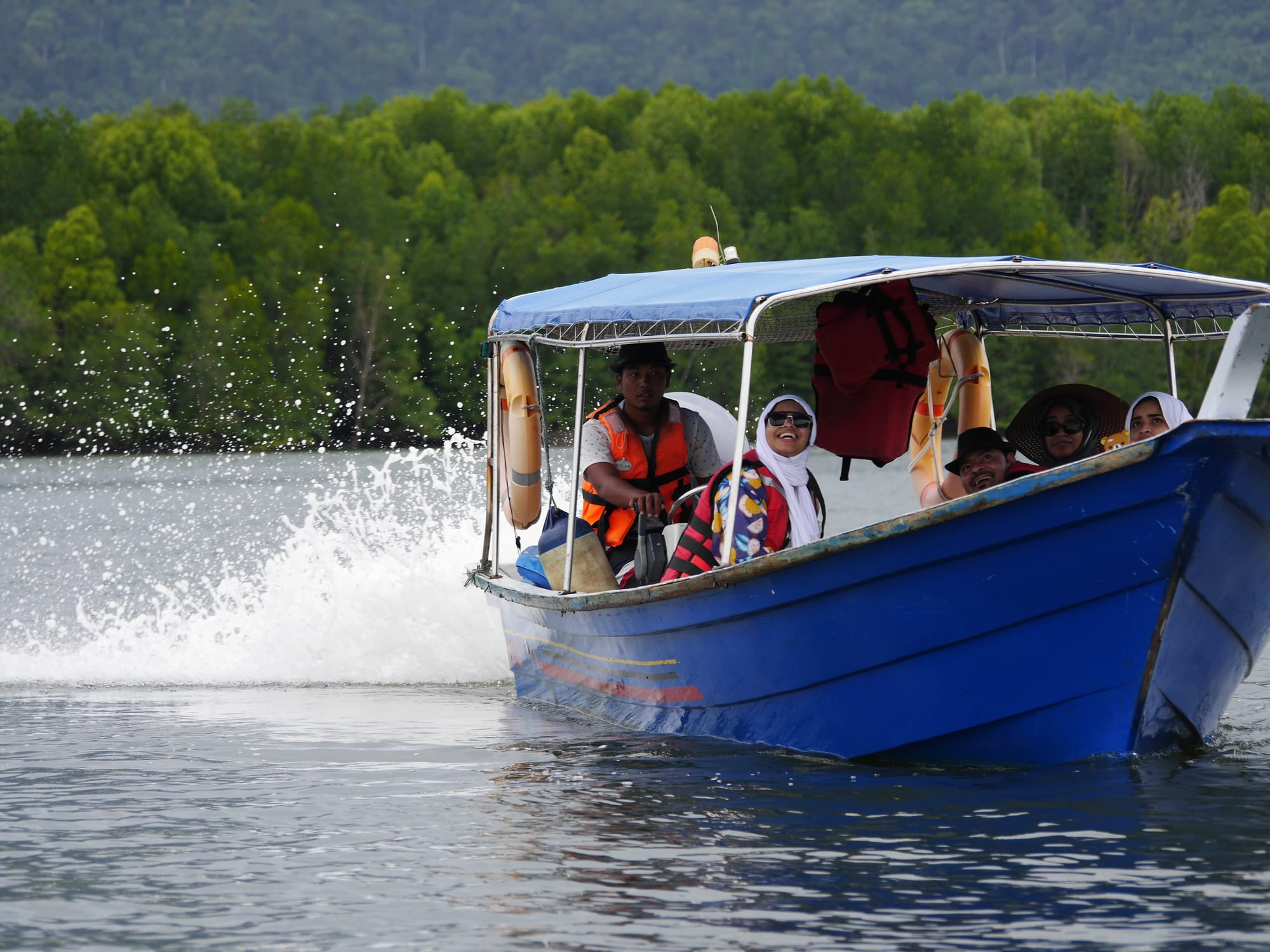
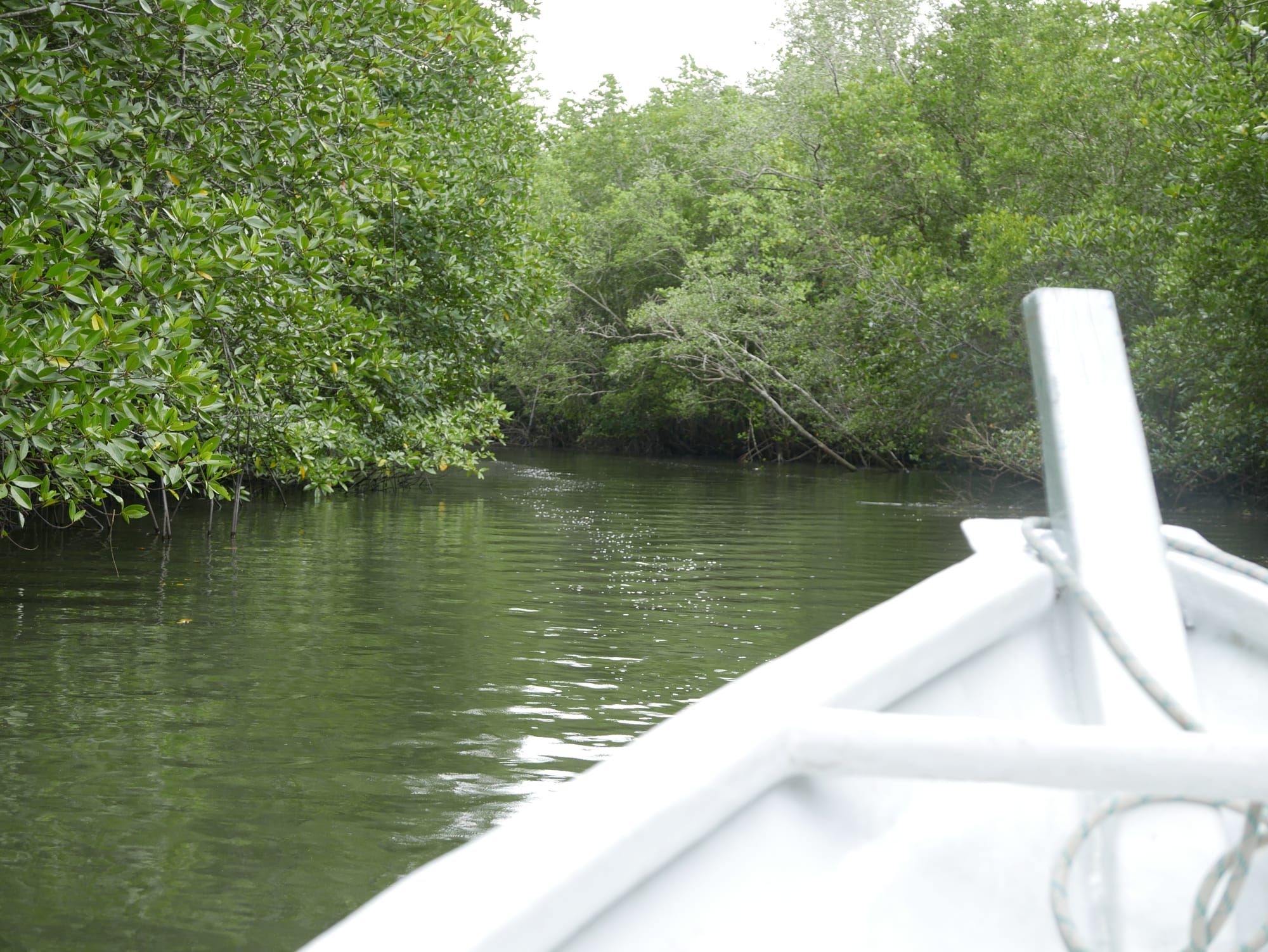
I was amazed at the number of Mangrove Pit Vipers (Trimeresurus purpureomaculatus) we saw. I saw more snakes in 1 hour than I did in 2 years of living in Malaysia. The snakes are poisonous but generally not aggressive unless provoked or startled by someone canoeing into the trees and accidentally grabbing them.
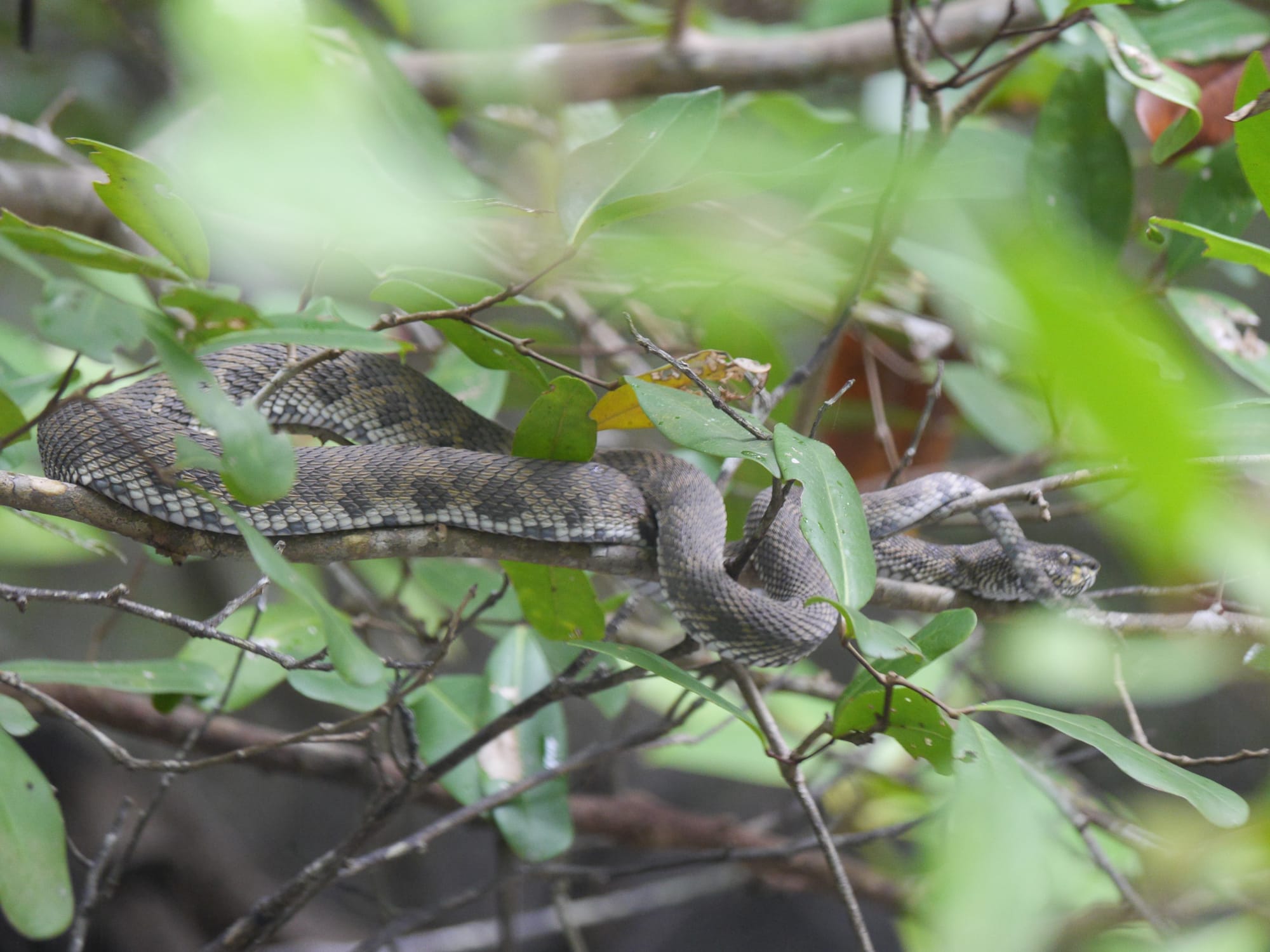
This Mangrove Pit Viper had recently eaten (most probably a fish). The guide reckoned the meal would last the snake over a week.
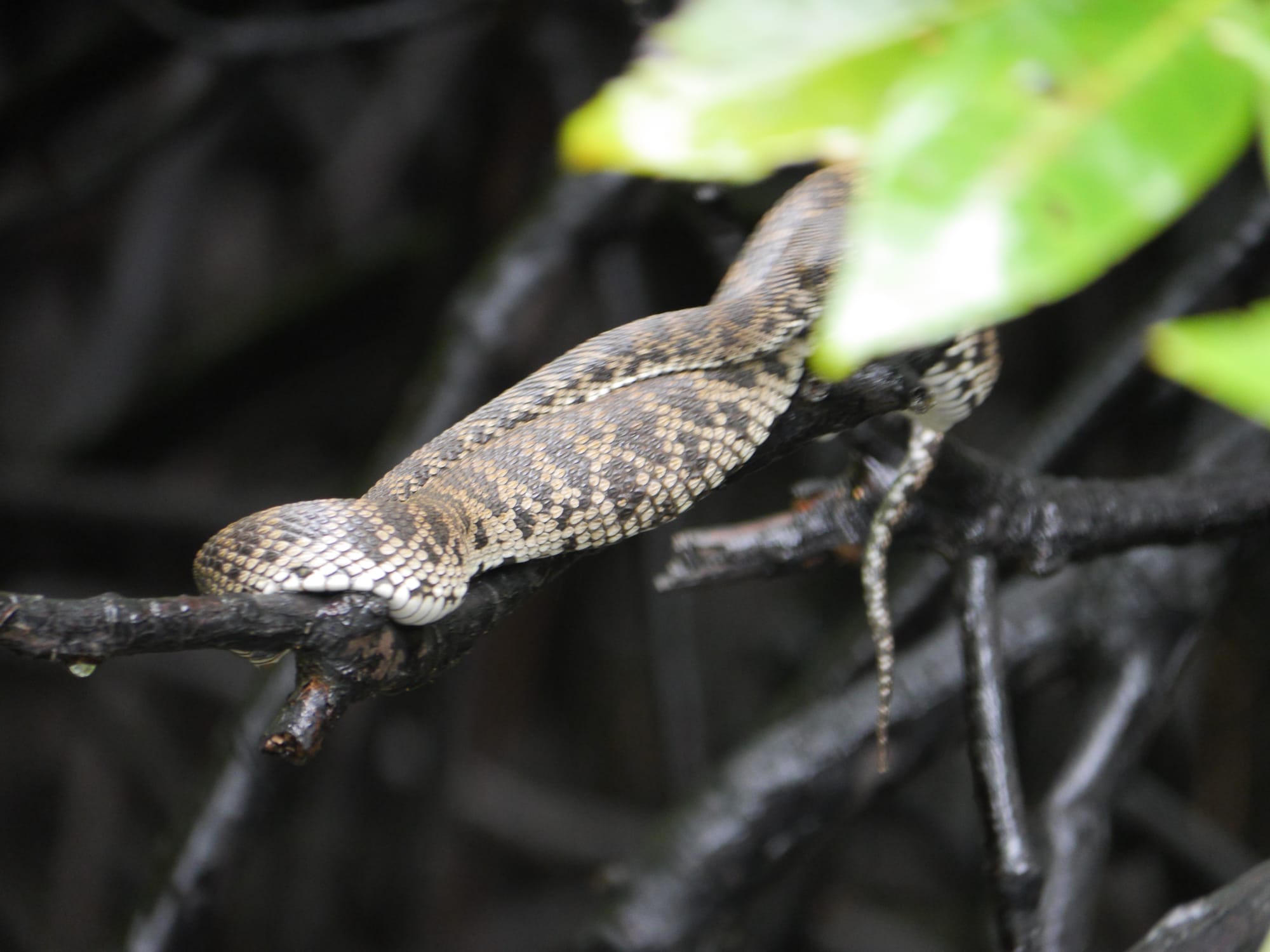
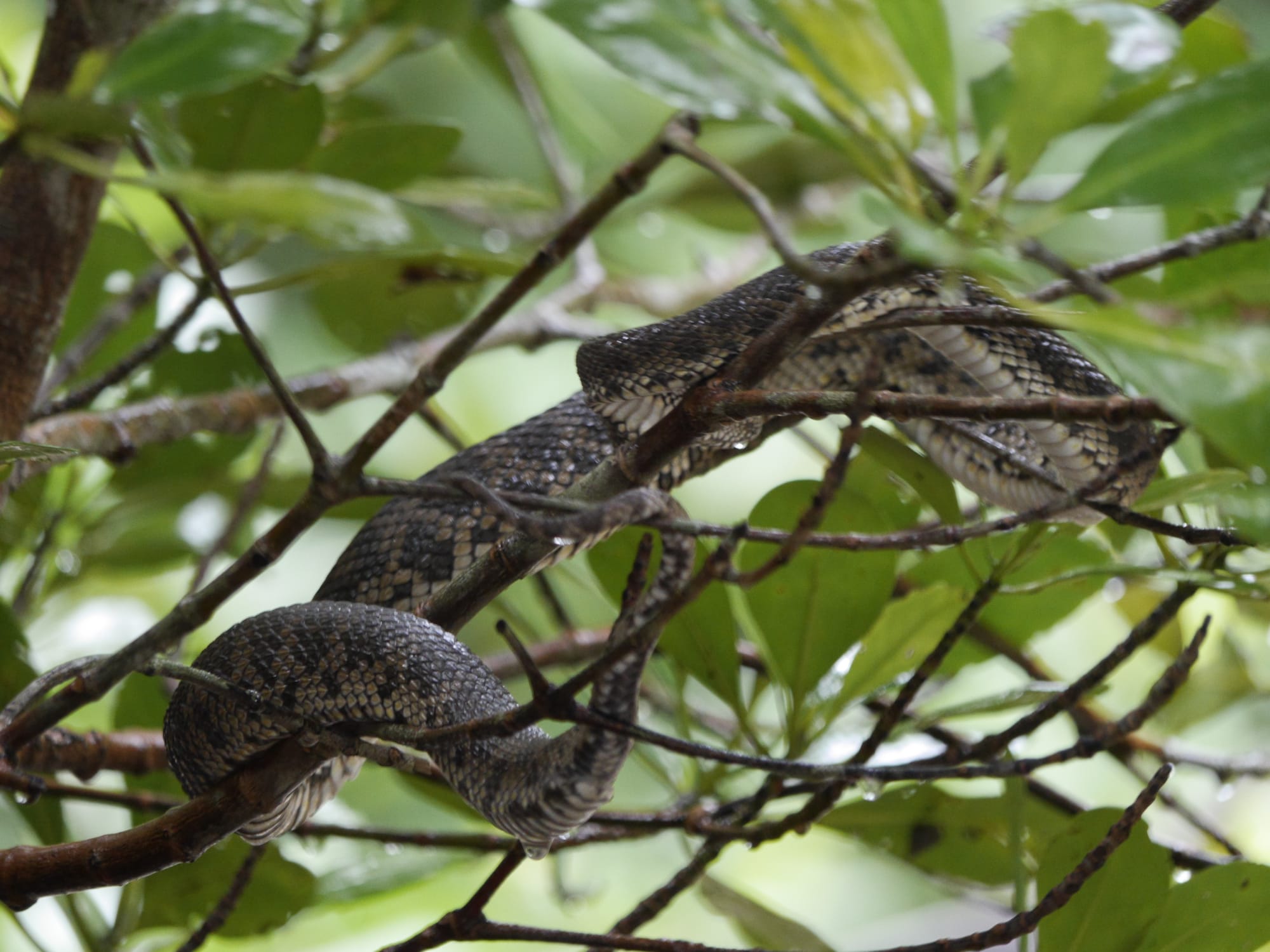
The route through the swamp was surprisingly narrow in places.
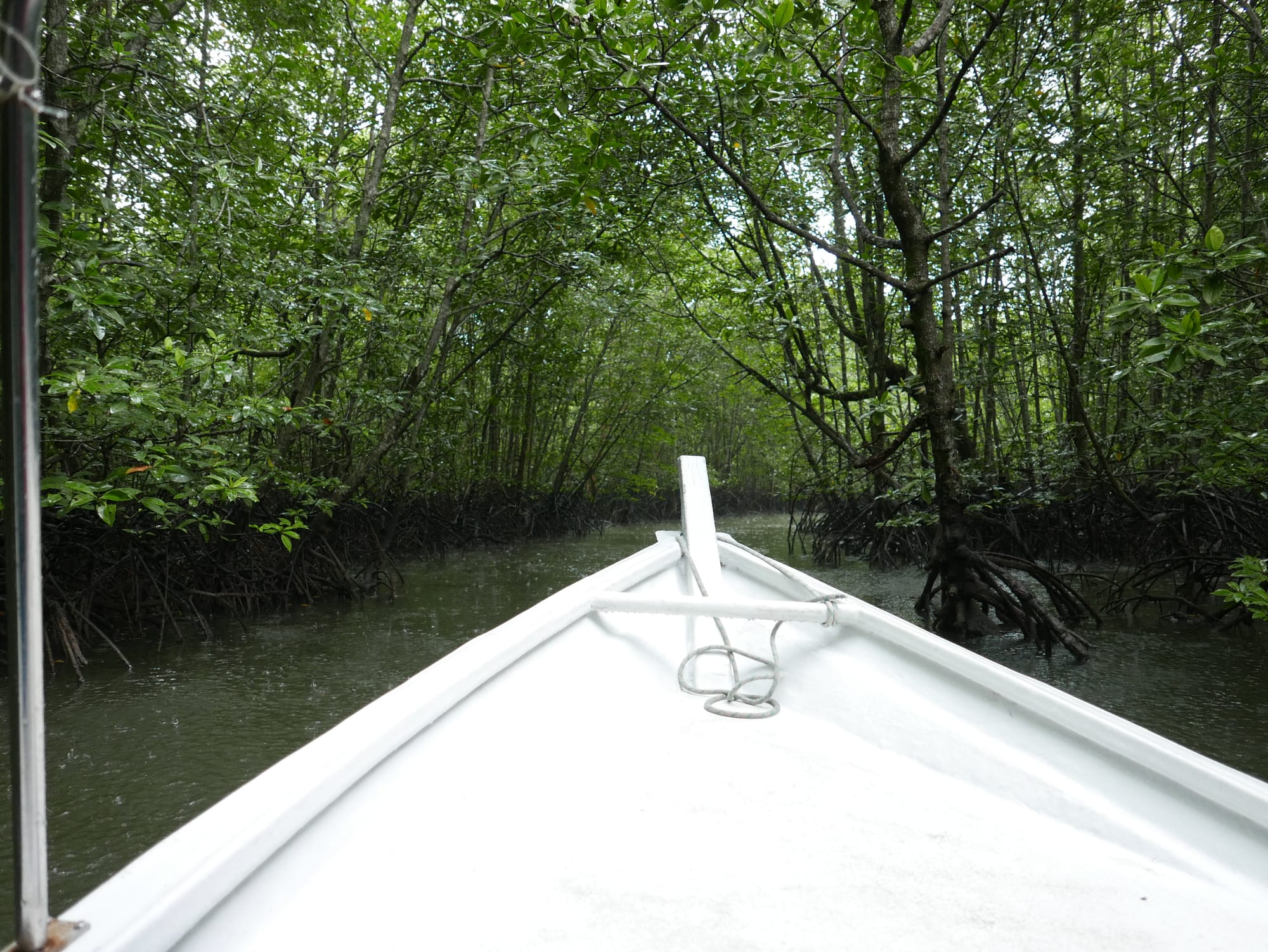
We did come across some monkeys (a possible cheat, as there was evidence of fruit having been thrown onto the shore).
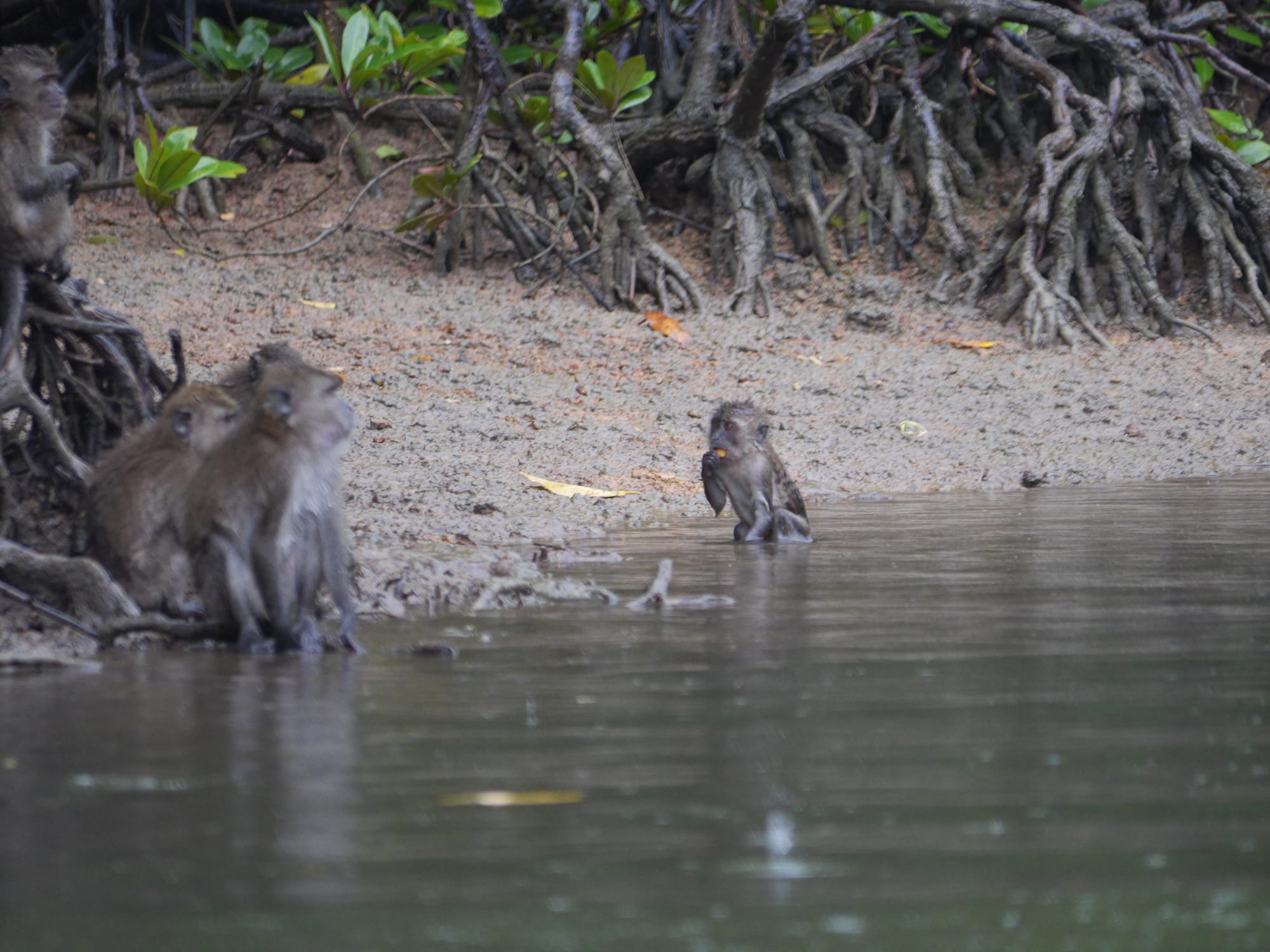
The monkeys were wet, not from swimming (well, some may have been wet from swimming as when we arrived, at least two were paddling around in the water), but from a heavy, short, sharp shower.
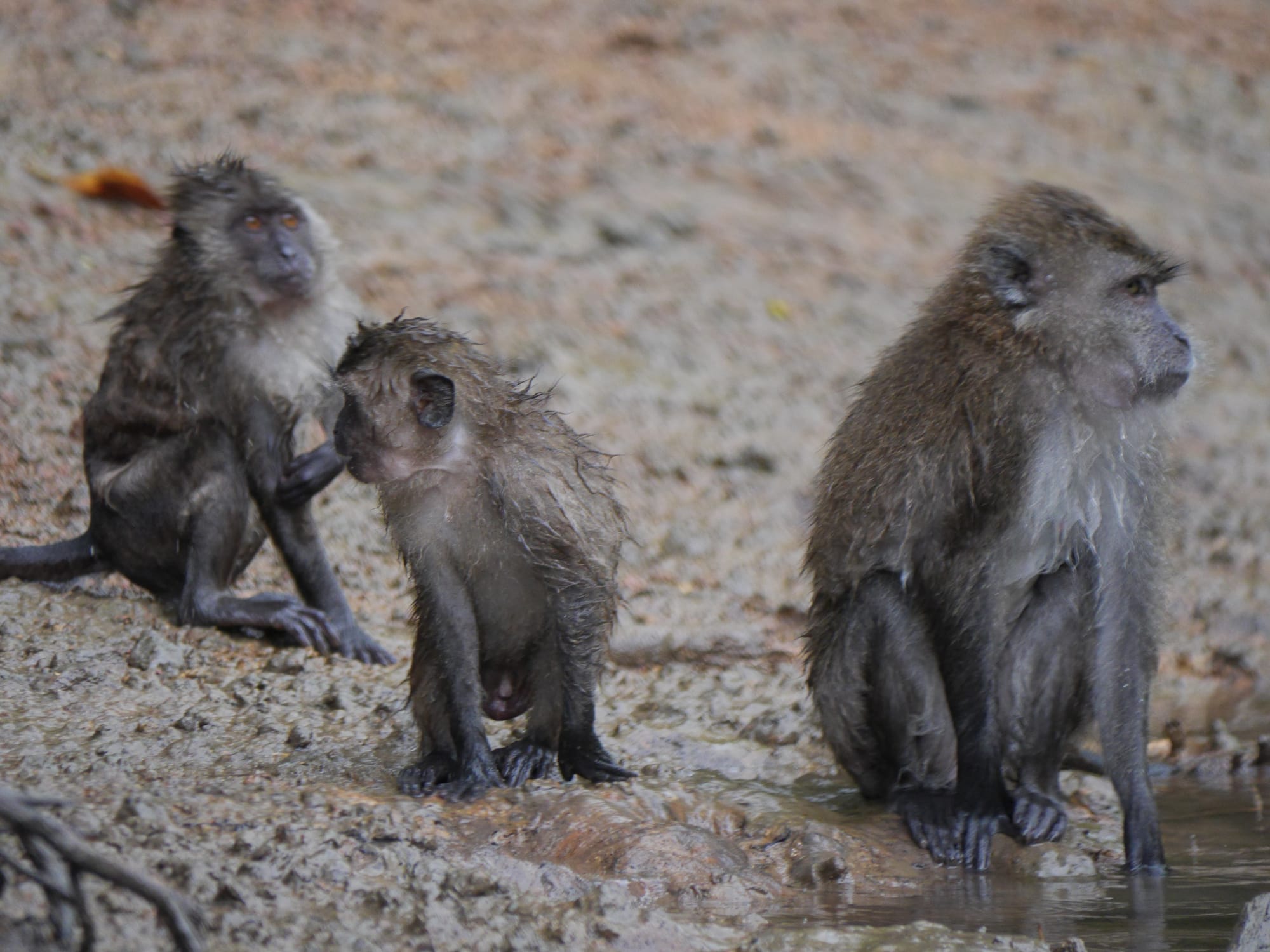
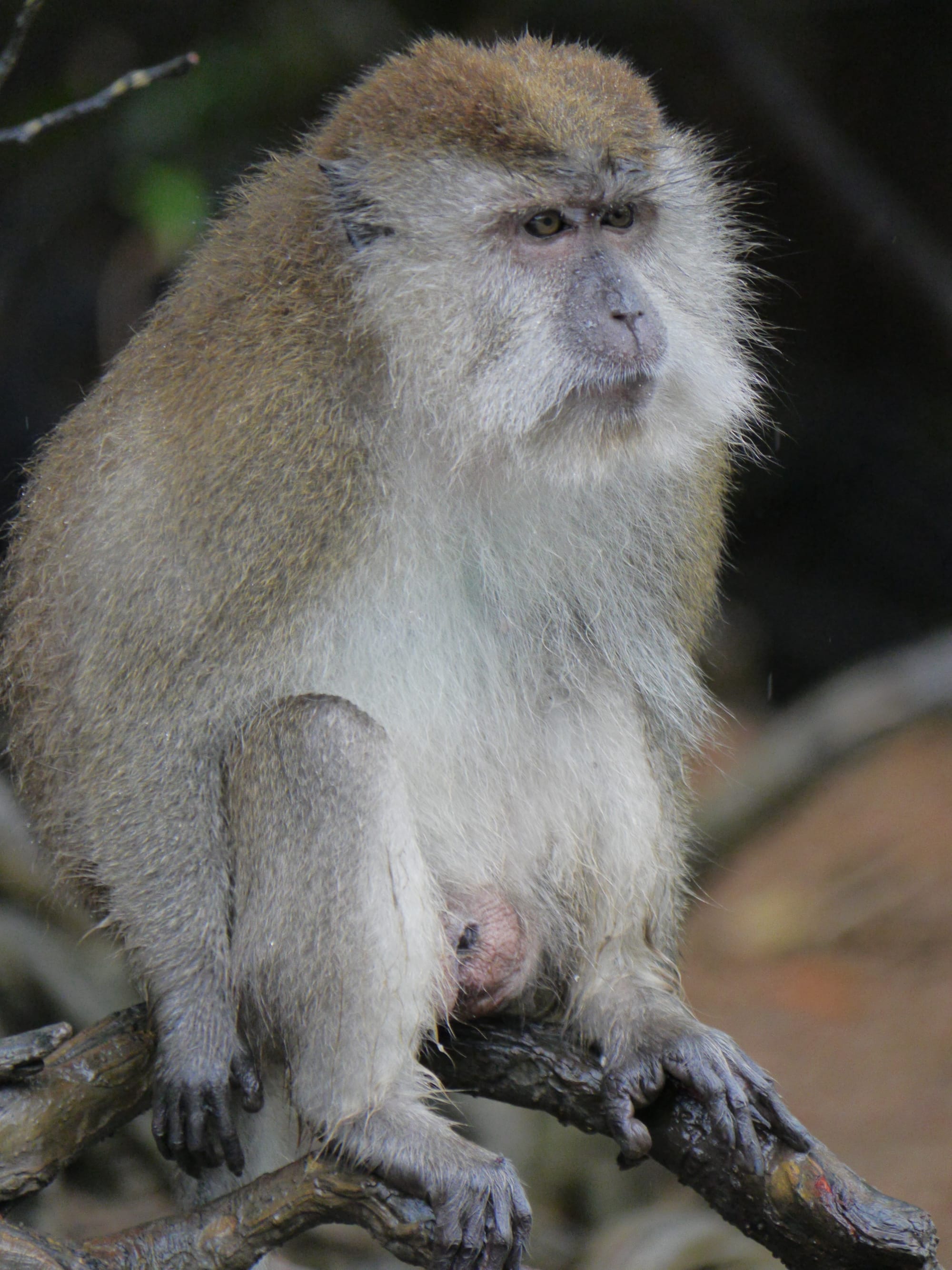
A damp monkey.
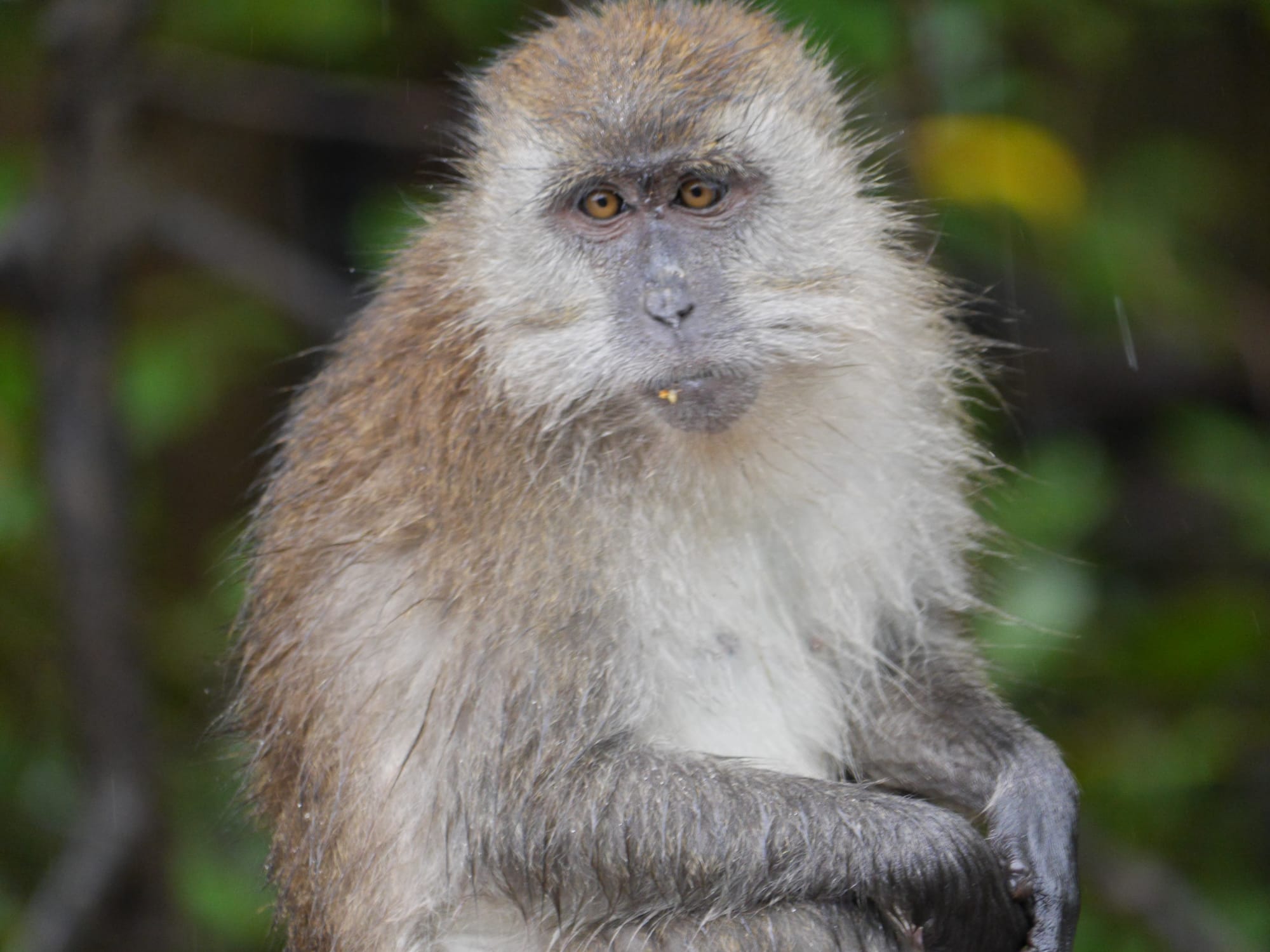
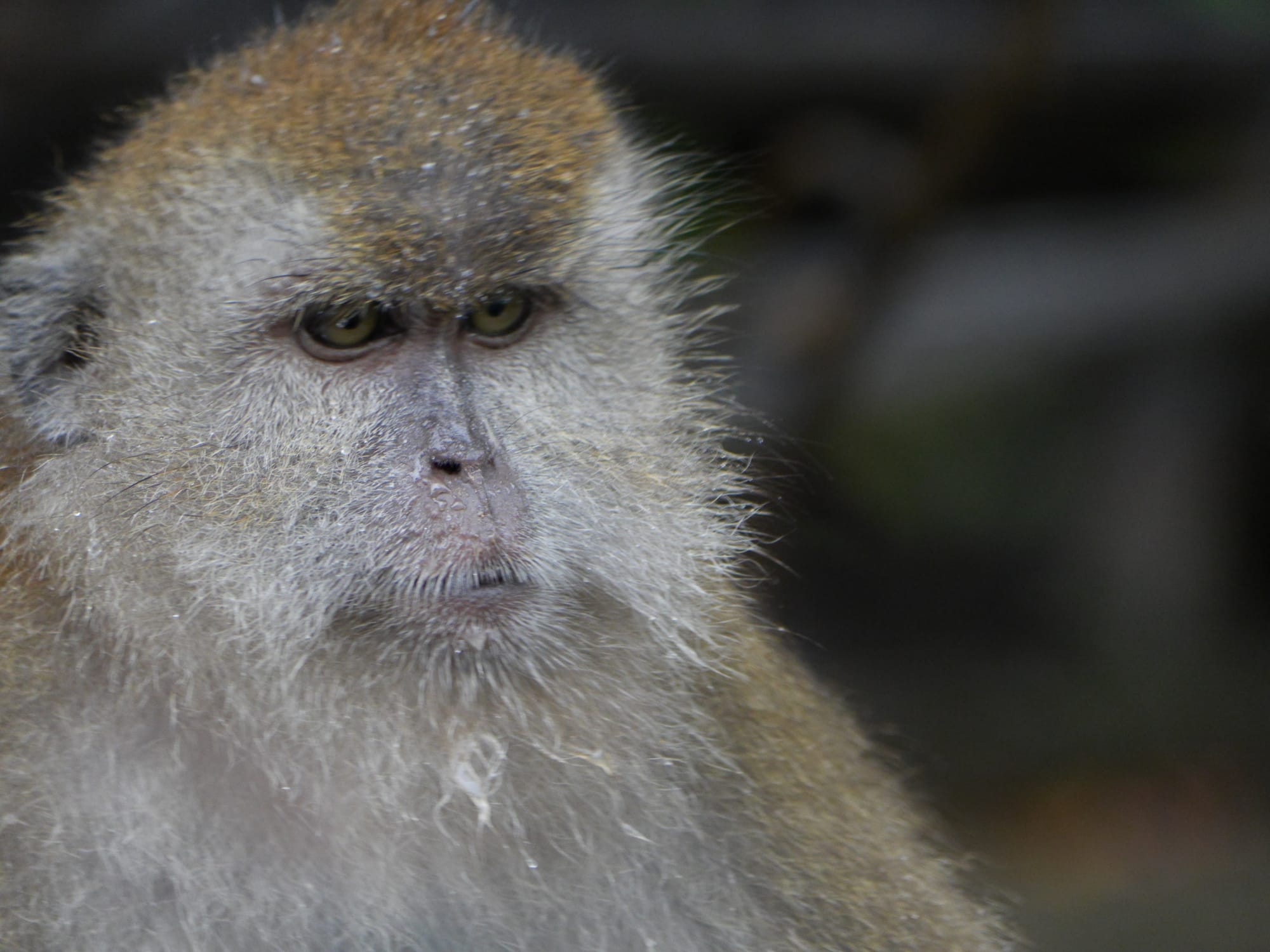
As part of the tour, we entered the ‘Crocodile Cave’, which contained no crocodiles, only bats.
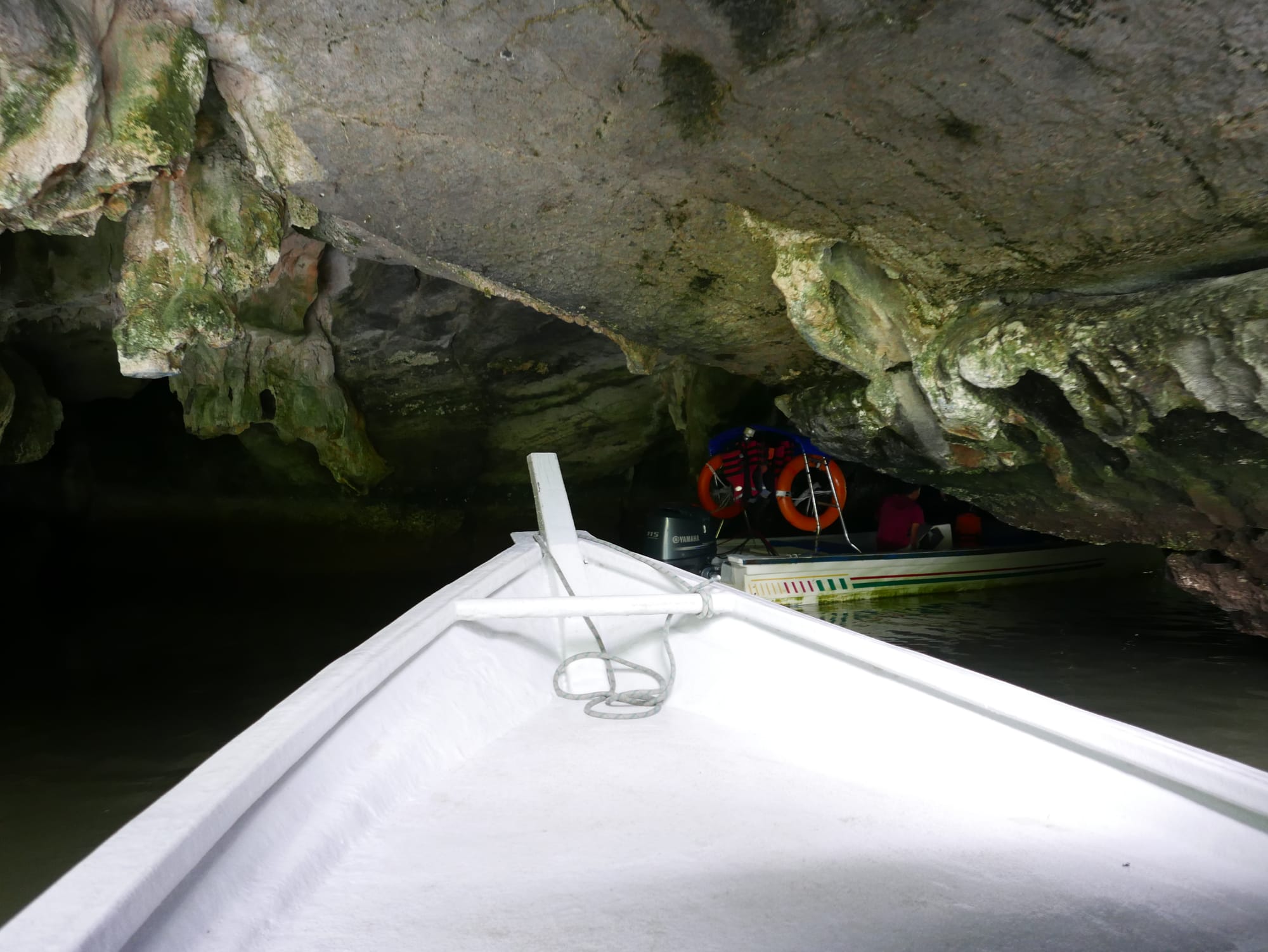
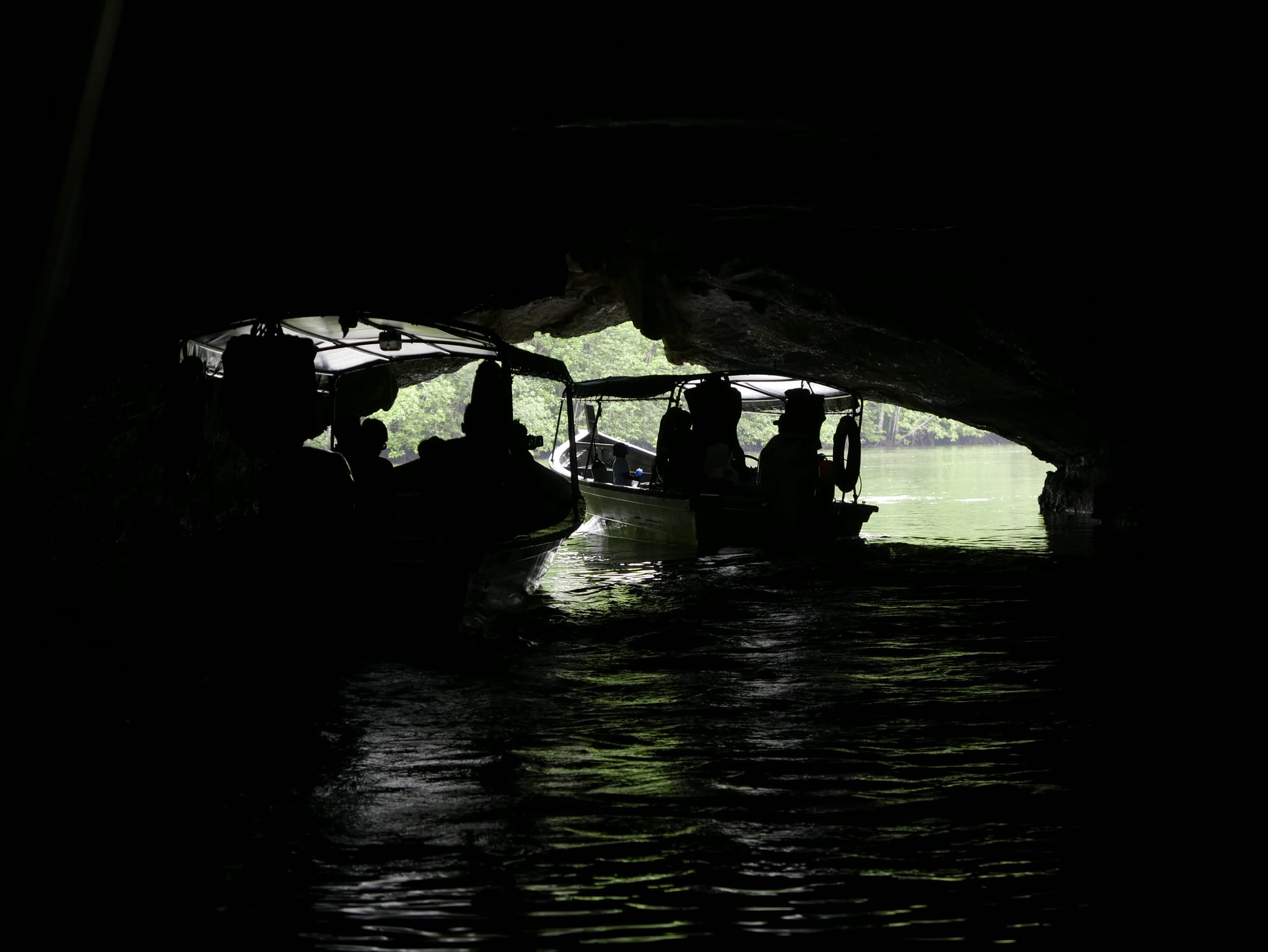
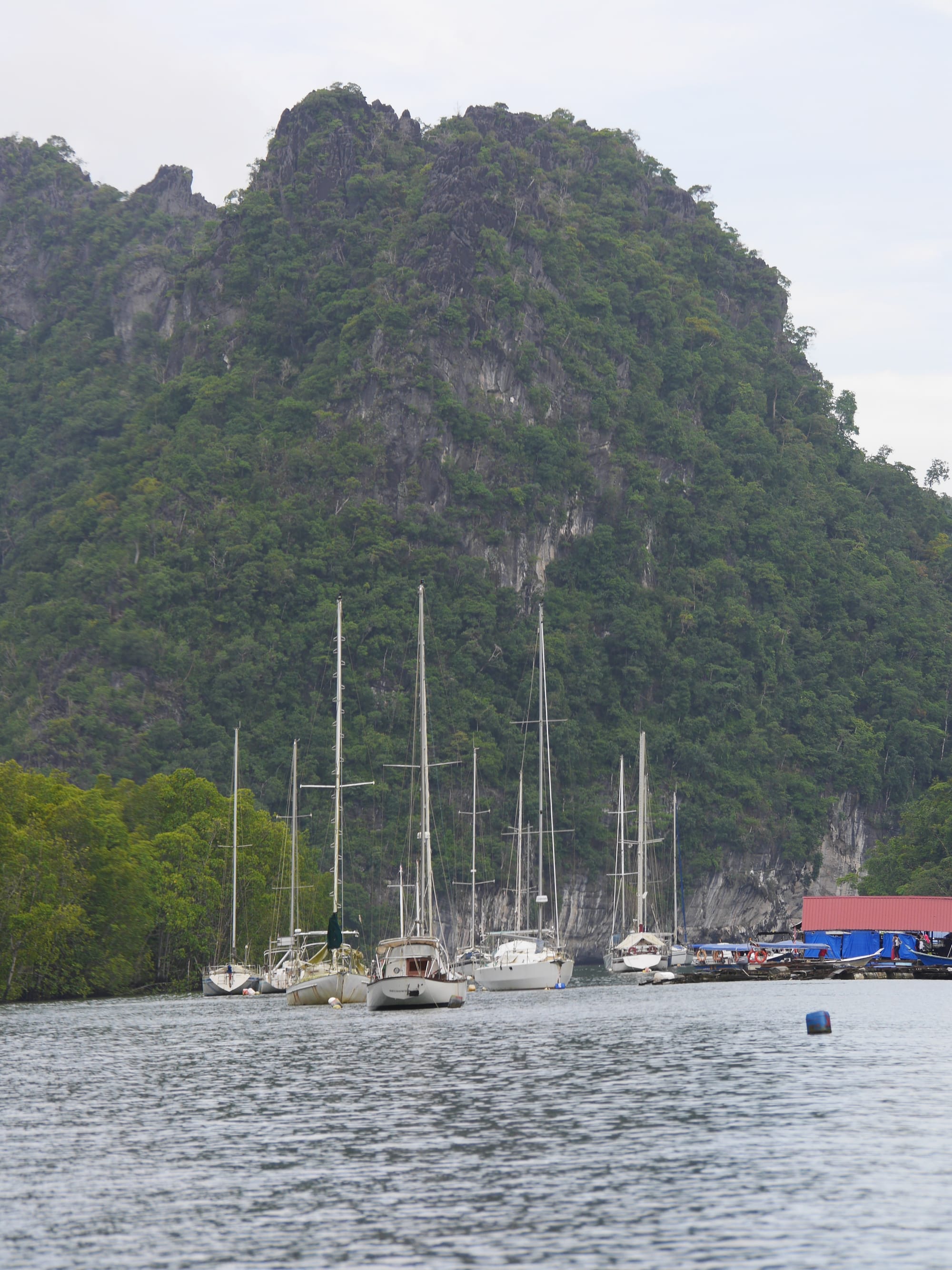
The tour finished at a floating fish farm.
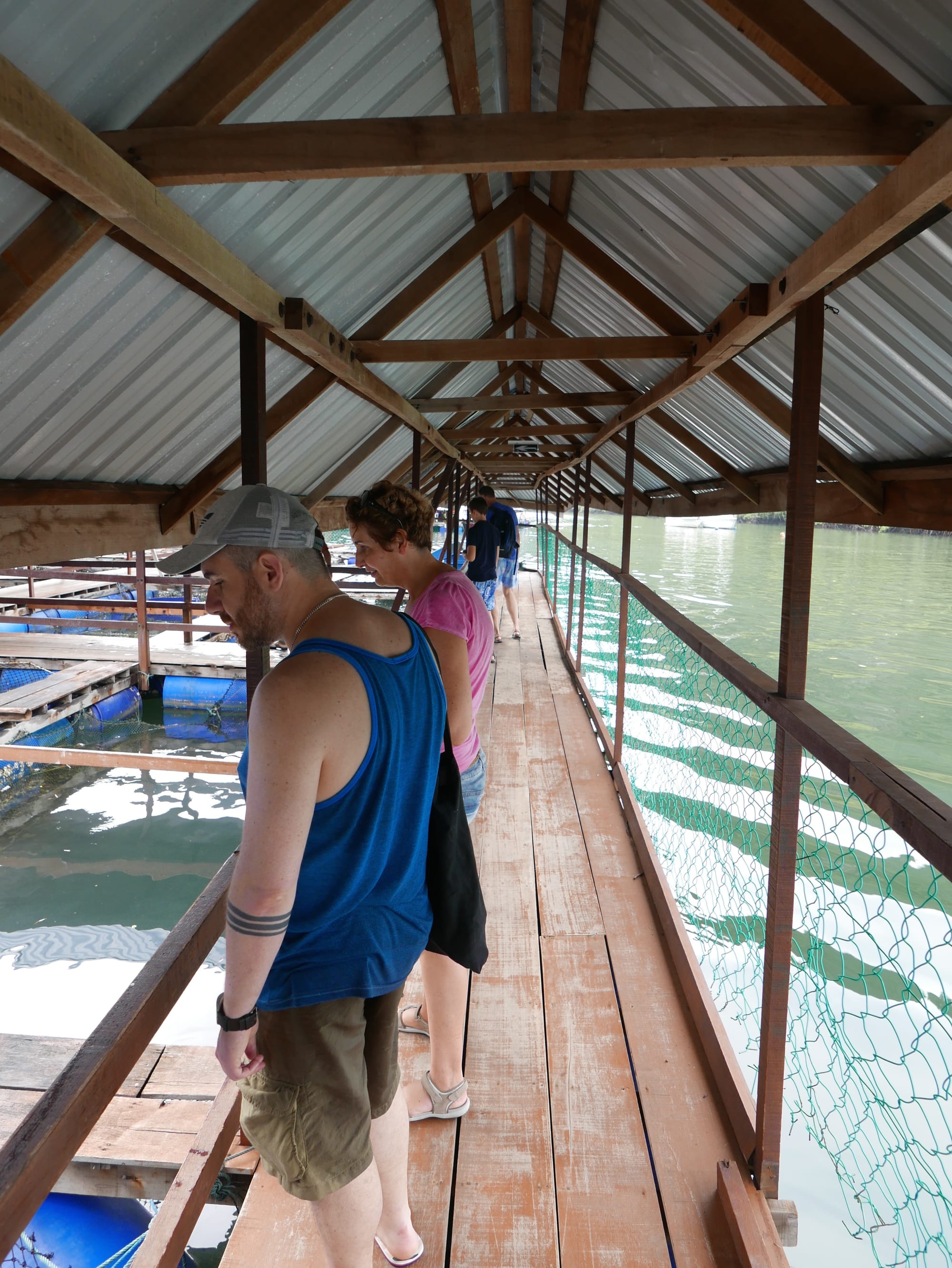
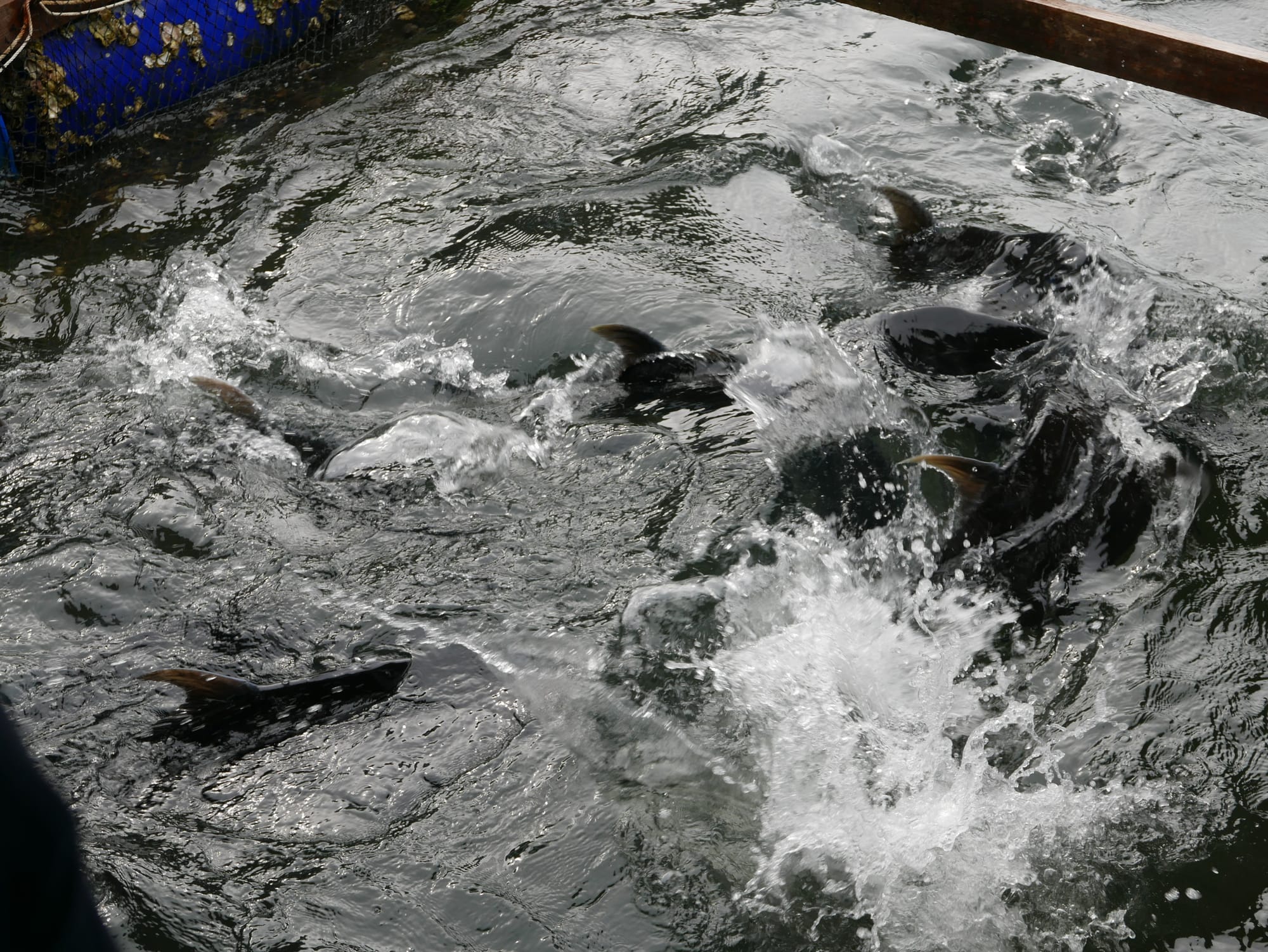
Feeding a ray by hand.
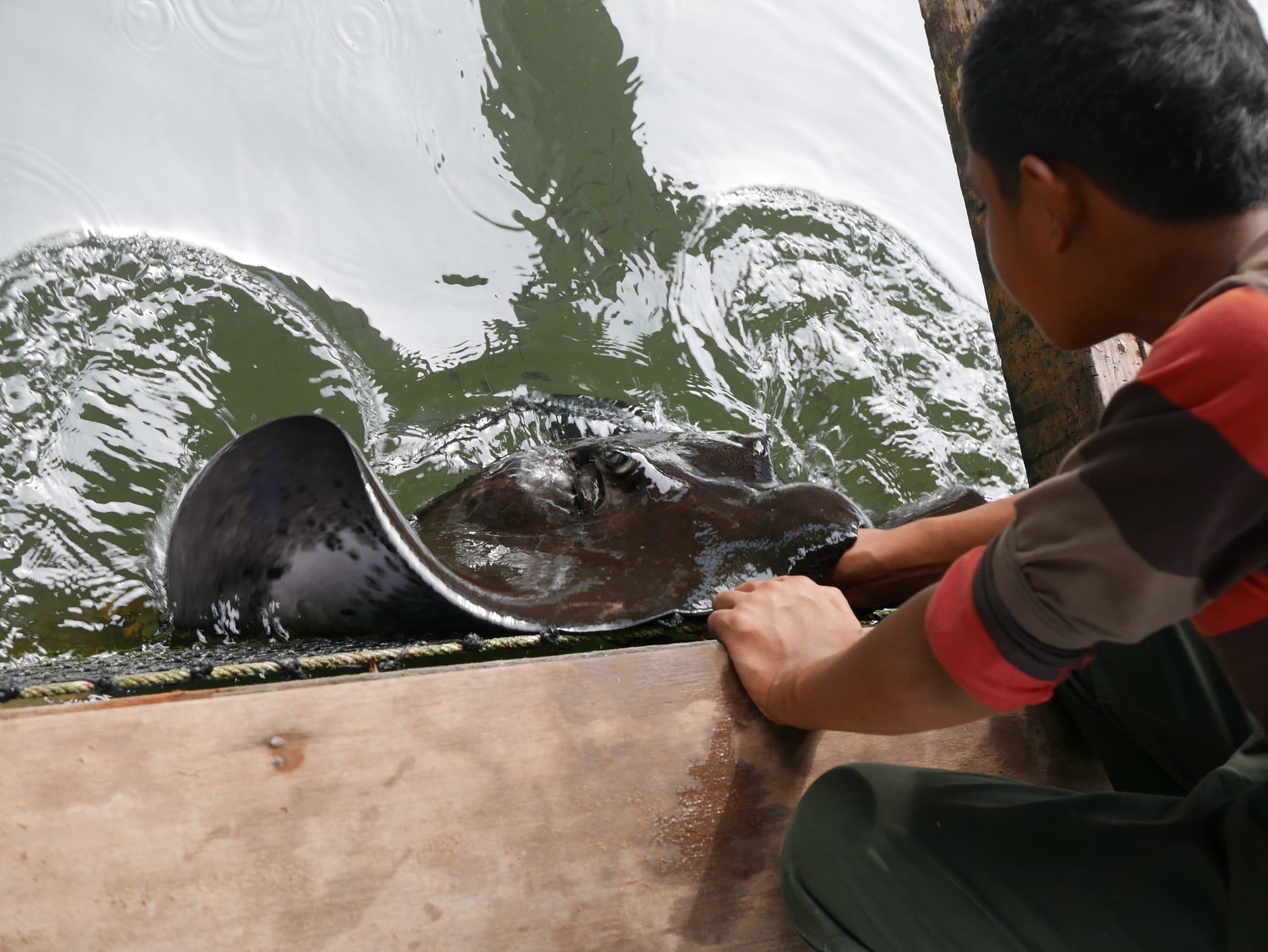
We were supposed to finish the tour by going out along the coast to search for sea otters; however, it was decided that due to the blustery conditions (we had several squalls sweep through whilst we were out), it would be safer to return to base via the swamp.
Summary
I was disappointed not to go out searching for sea otters, but considering the conditions, it was safer to return via the swamp. Overall, I enjoyed the tour, which was highly educational and good fun. I learnt a lot about Malaysian wildlife and mangrove swamps. It was certainly worth the money.
